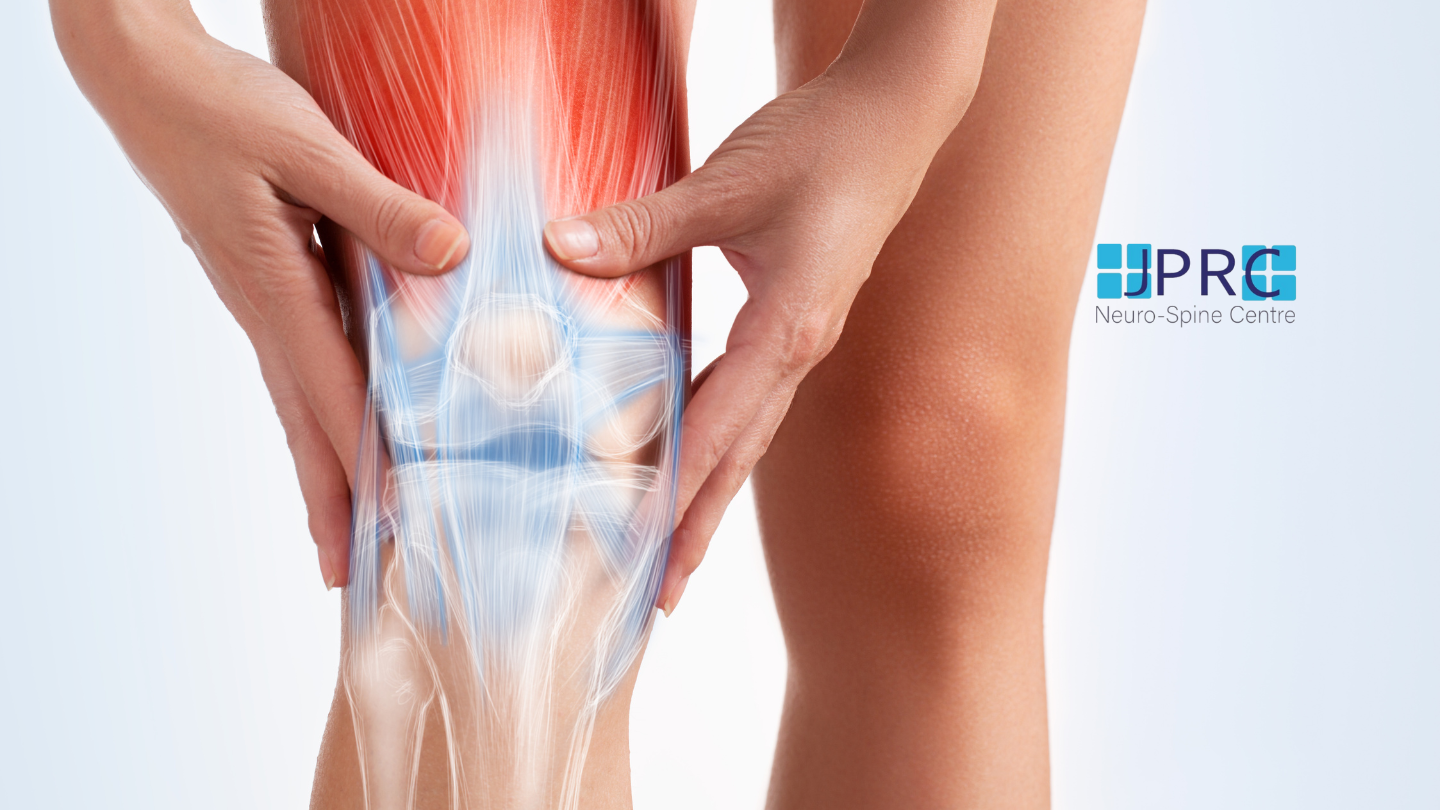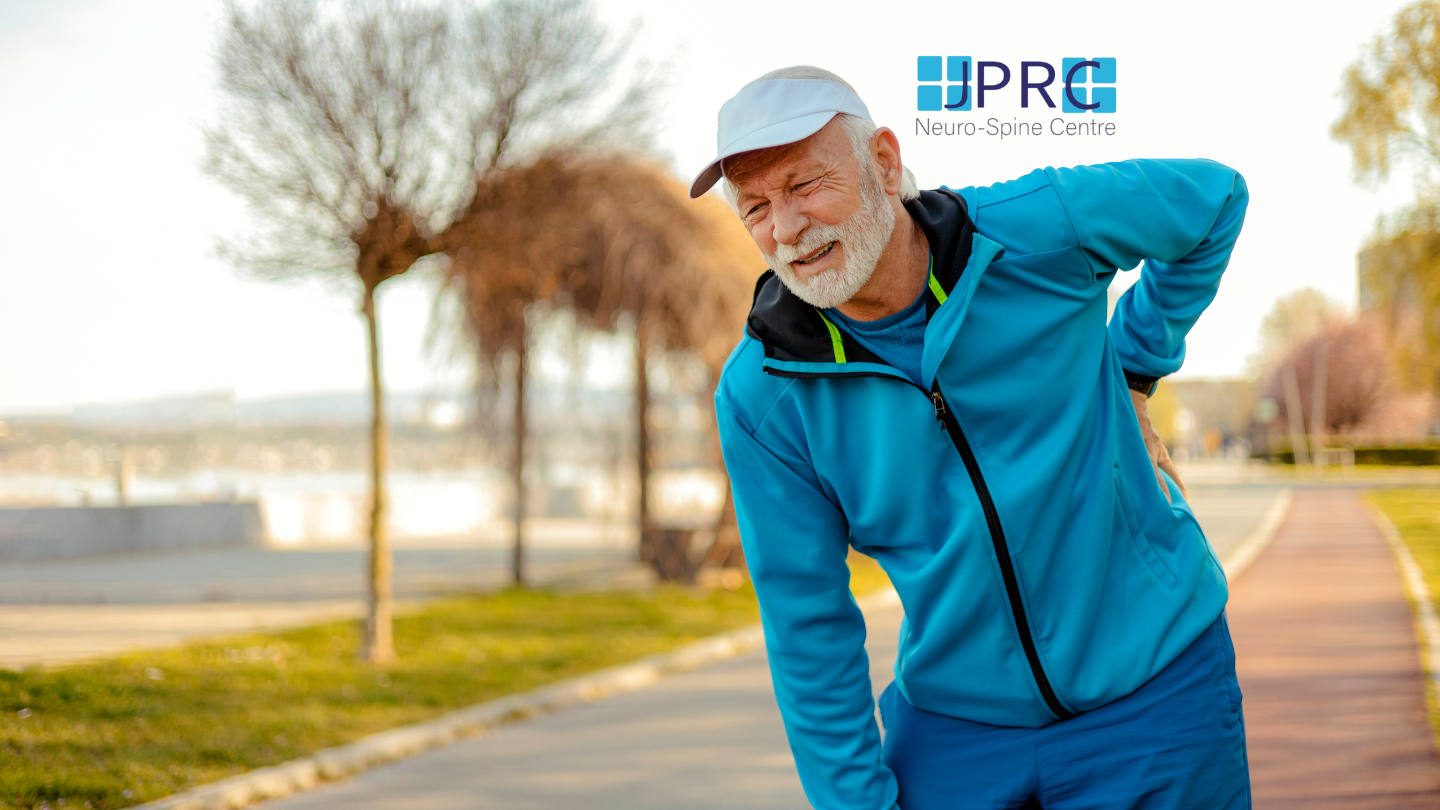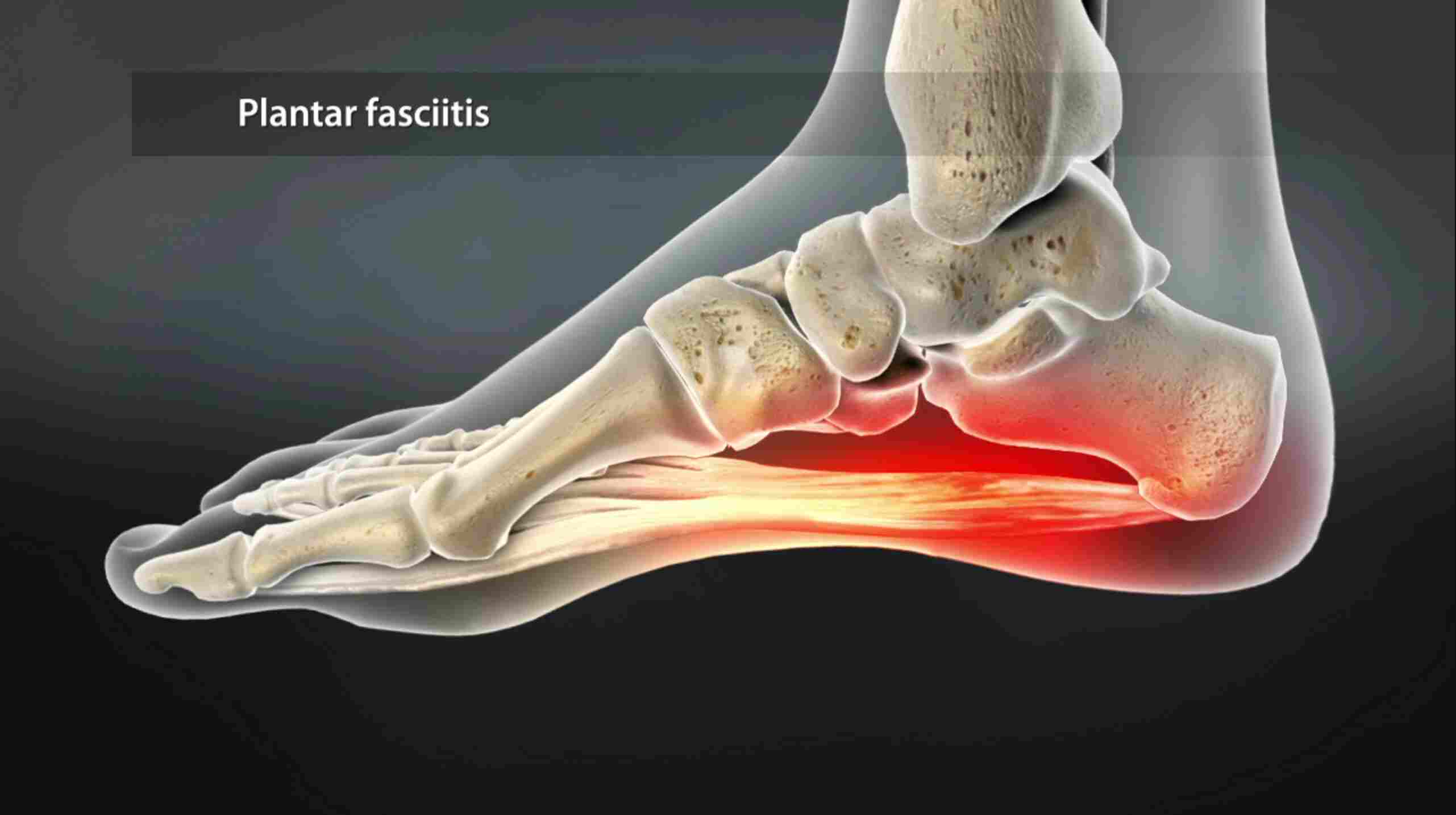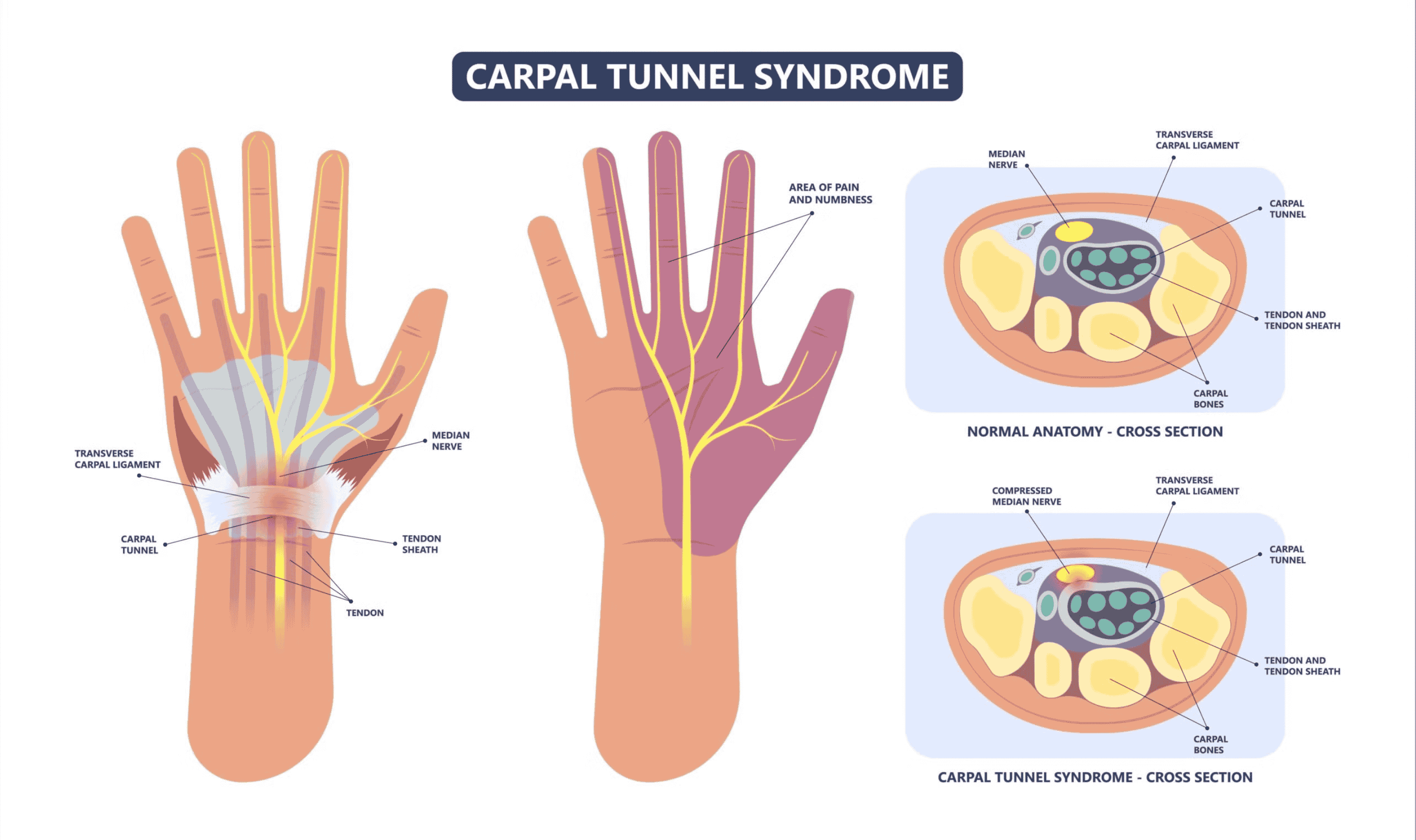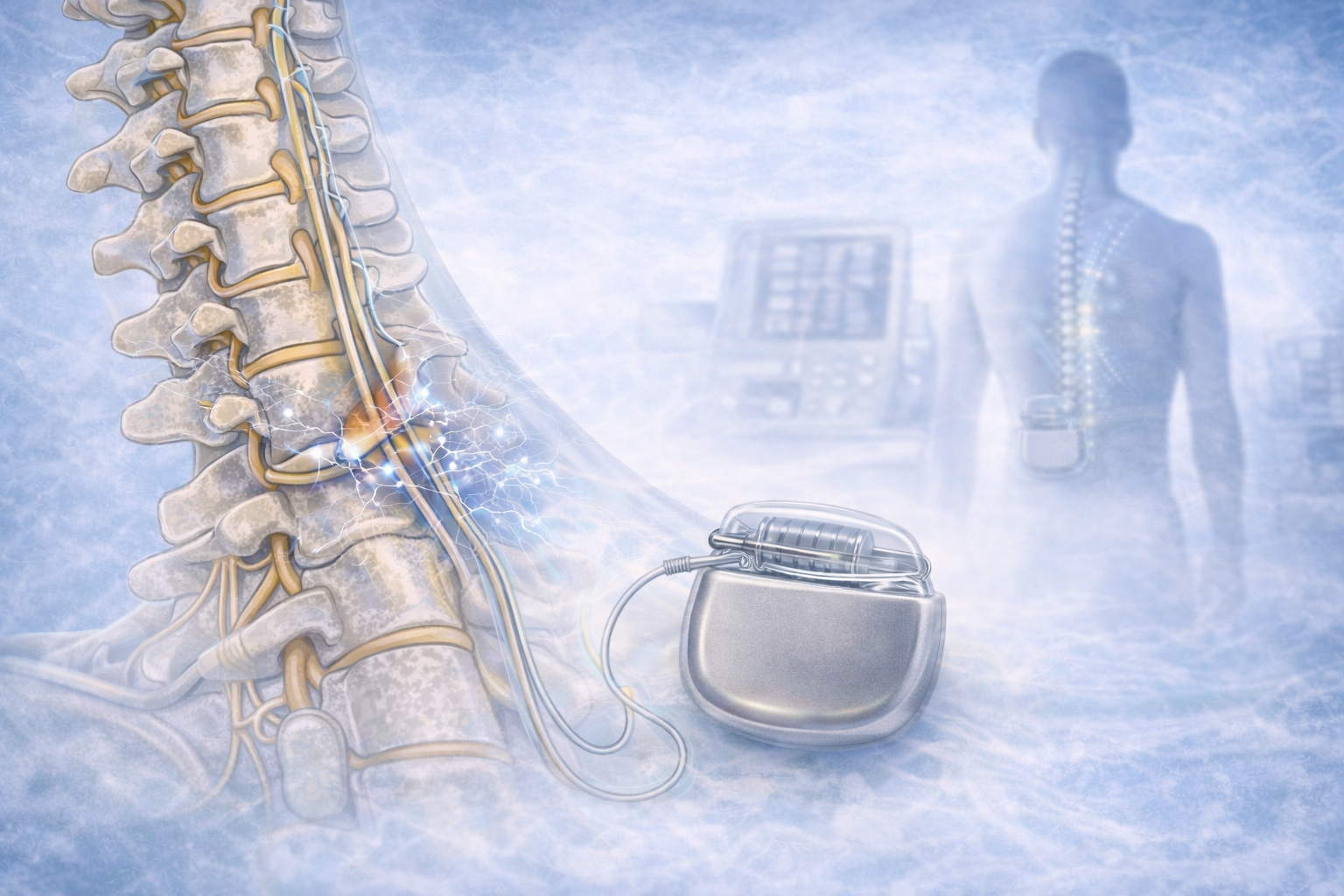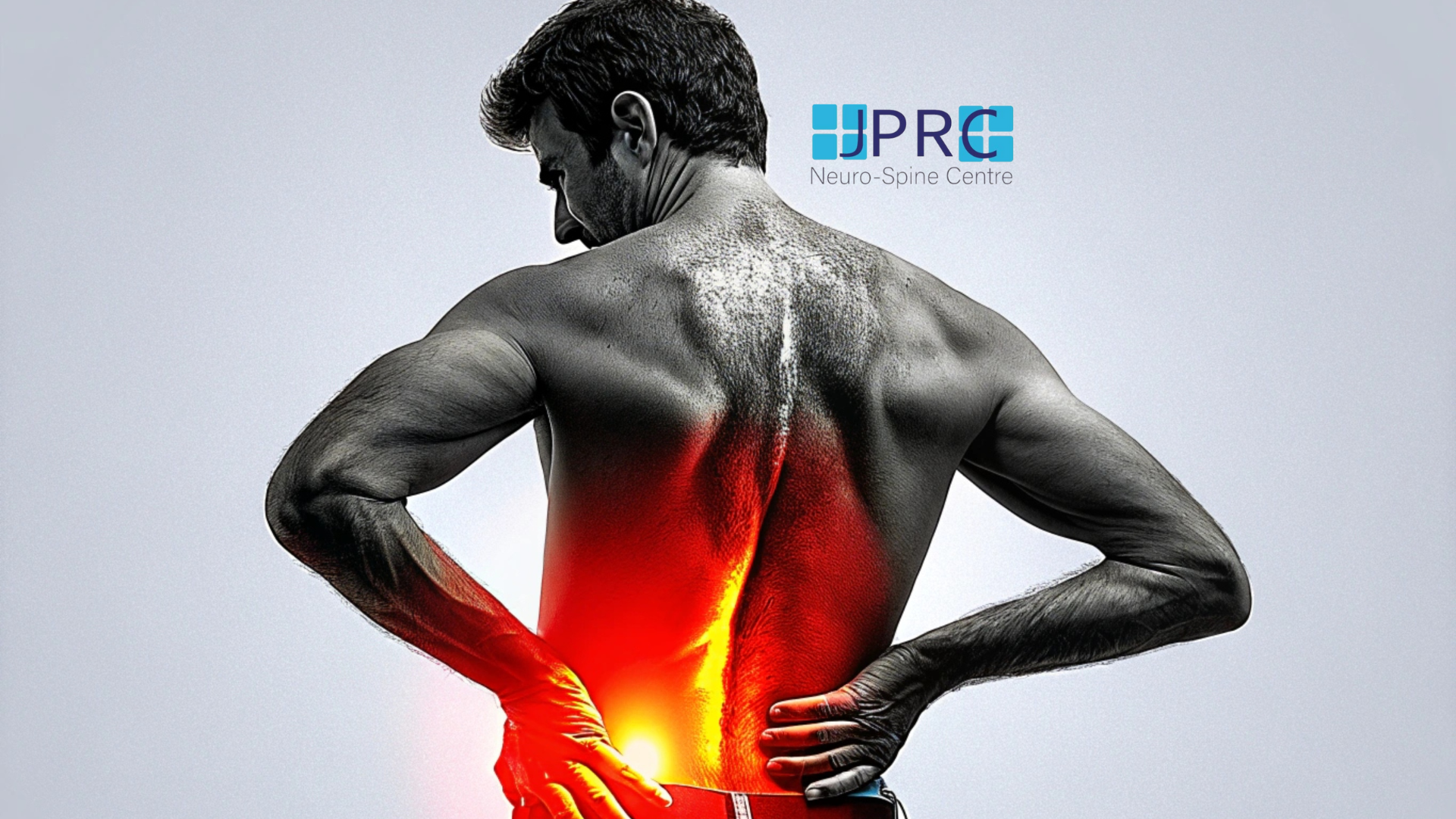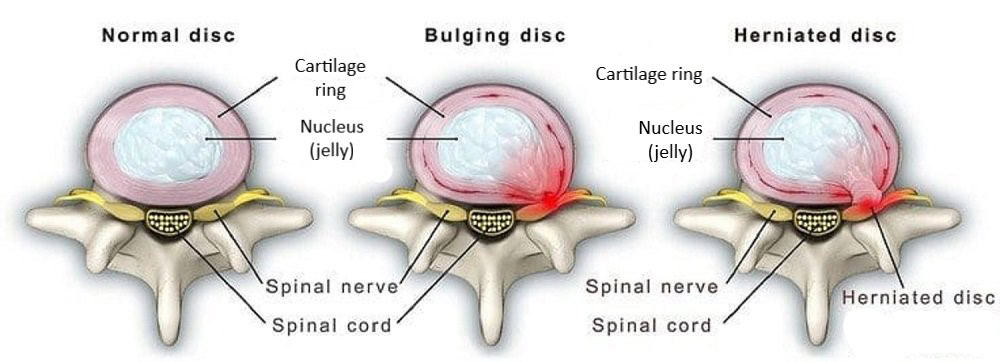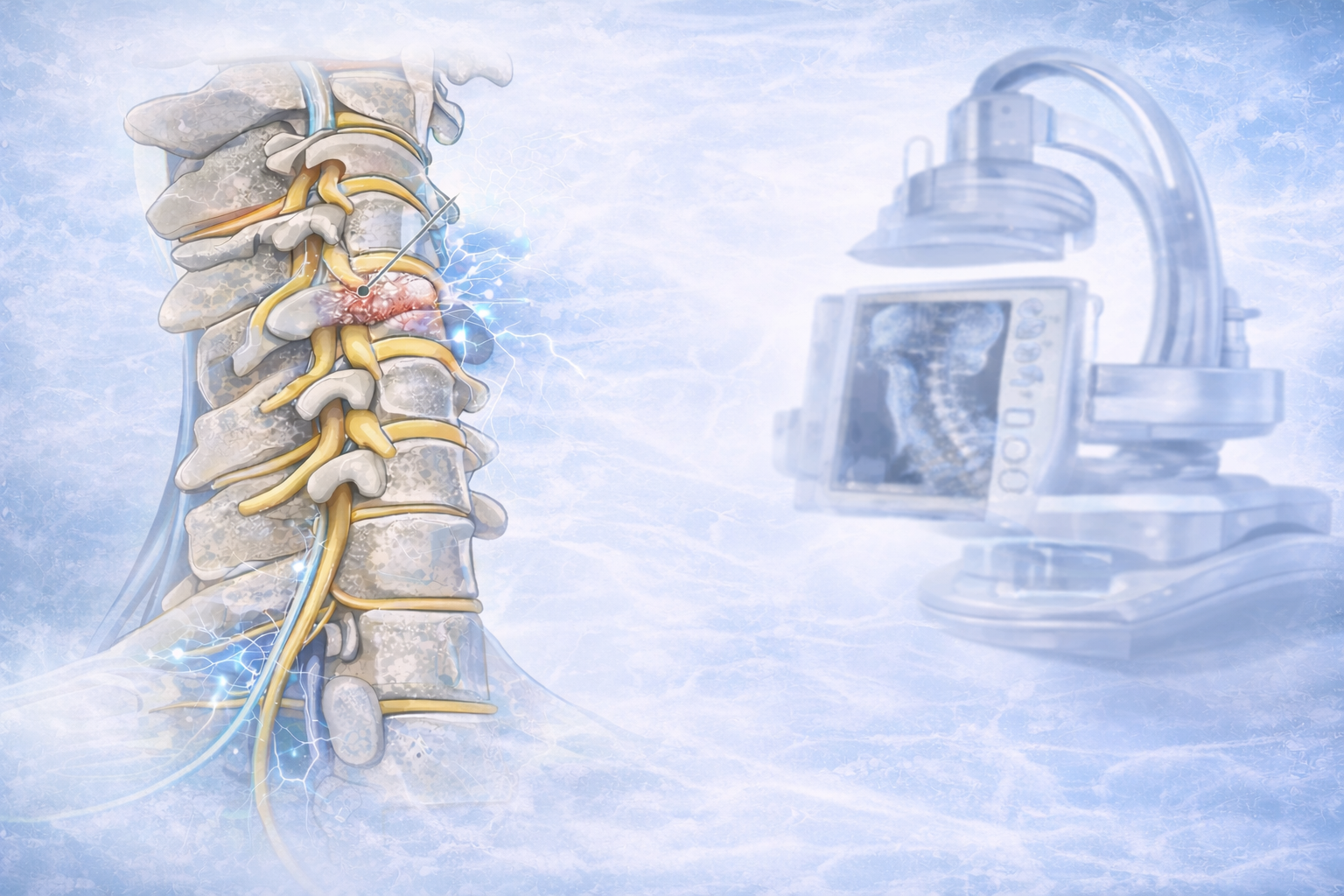The Ultimate Guide To Choosing The Right Slipdisc Doctor
Back or neck pain is something that everyone has to go through at least once in their lifetime and some of those encounter it so often in their life that they become habitual of that pain. It might be a result of a situation when you lift heavy weights or stretch muscles inappropriately. This situation might look harmless to you but it can eventually lead to developing conditions like slipped disc.
Slip disc and its causes
The discs in our spine serve as vital shock absorbers, shielding the bones from the impacts of daily activities such as lifting, walking, and twisting. Each disc comprises a resilient outer ring and a gelatinous inner core, forming a dynamic structure that ensures flexibility and support. However, when the inner portion of the disc experiences injury or weakness, it protrudes beyond the protective outer ring.
This occurrence, commonly known as a slipped disc or herniated disc, can lead to a range of discomforts and pain. Understanding this delicate interplay between the inner and outer components of the disc highlights the importance of maintaining spinal health to preserve the integrity of these crucial structures that enable our daily movements.
A slipped disc or herniated disc, is defined as a condition when the soft center of an intervertebral disc bulges out through its tough outer layer. It can be due to sudden trauma or can be due to long-term pressure caused on the spine. This can cause discomfort, pain, and even neurological symptoms. To get saved from the complications of a slipped disc, let’s delve into its causes to explore and learn the factors that cause this painful condition. The human spine is composed of a series of vertebrae separated by intervertebral discs, acting as cushions that provide flexibility and shock absorption.
Causes of Slipped Disc
Age-Related Degeneration: As individuals age, intervertebral discs naturally undergo degenerative changes, including a reduction in water content. This makes the discs less flexible and more susceptible to herniation.
Improper Lifting: Twisting or turning while lifting heavy objects, especially without using proper lifting techniques, can strain the spine and lead to a slipped disc.
Excessive Weight and Obesity: Carrying excess body weight places added pressure on the spinal discs, making them more prone to displacement. Obesity is a significant risk factor for developing a slipped disc.
Poor Lifestyle Choices: Smoking has been associated with decreased oxygen supply to spinal discs, potentially accelerating degeneration and making them more susceptible to herniation. Unhealthy lifestyle choices, such as poor nutrition, can also contribute.
Structure Issues: Congenital conditions or structural abnormalities in the spine may create vulnerabilities, making individuals more prone to developing a slipped disc.
Why consult a doctor for your Herniated or Slipped Disc?
A slipped disc causes a kind of stabbing pain in the back. It is important to refer to the most suitable slipdisc doctor like Dr. Sanjay Sharma who can help you with a lot of issues and steps of your living a healthy lifestyle. Let us see how professional guidance can help you with the condition -
Right Diagnosis - When you are in touch with a doctor at JPRC Neuro Spine Centre who is an expert at treating herniated discs can help you thoroughly determine the condition with the help of multiple physical examinations, imaging tests, and a comprehensive understanding of the patient's medical history. This is quite important for providing you with proper treatment.
Pain Management - If you talk to the right slip disc doctor, he can prescribe you appropriate pain management strategies such as medications and physical therapy. These strategies and procedures will help to alleviate discomfort while making your quality of life even better.
Customized Treatment - Seeking professional help to treat your herniated disc provides you with a treatment plan that is customized especially for you according to your condition. This helps in making your condition better as soon as possible and suggests if you need surgery to cure your health and promote a healthy lifestyle for you.
Dodge Possible Risks - When you are getting professional help, you’re lowering your risk of self-medicating or trying any home remedy or some unproven remedies, minimizing potential side effects and ensuring a safer and more effective approach to recovery. It is important not to try out random DIY remedies that you see on Google and rather focus on getting actual treatment.
Help with lifestyle modifications - An experienced doctor can provide you with appropriate guidance on suitable lifestyle modifications, including proper posture, and exercise routines, to reduce the risk of future disc issues. Healthy lifestyle choices help to make your life better making you free from illnesses and bad health.
If you are suffering from spinal disc injury or have a condition related to the spine, the time required to recover will vary from patient to patient because of several different circumstances and body responses. JPRC Neuro Spine Centre can provide you with the right treatment to help you deal with it the best way whether through medication, surgery, or even through a variety of non-surgical treatment methods.
Dr. Sanjay Sharma is the right slip disc doctor with expertise in Non-Surgical Treatment (without operation), Day care procedures, and MIPSI technic for anybody looking for and choosing him is not merely a decision based on professional expertise but also a deeply personal one that hinges on trust, compatibility, and a shared commitment to long-term health.
As we embark on this quest for the ideal healthcare partner, let it be a journey marked by informed decisions, open communication, and a steadfast commitment to prioritizing the health and vitality of our spine. This guide can serve as clear guidance to individuals towards choosing the right slipdisc doctor and also towards a future of enhanced mobility, reduced pain, and a restored quality of life.










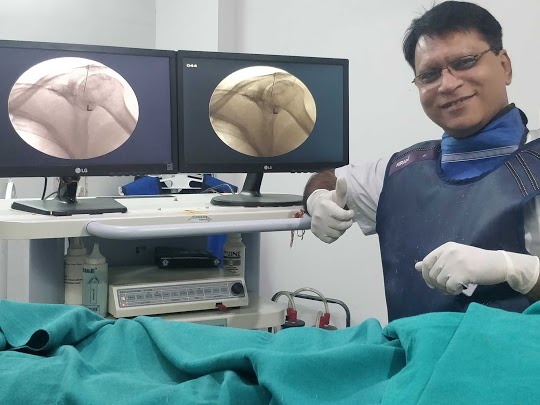



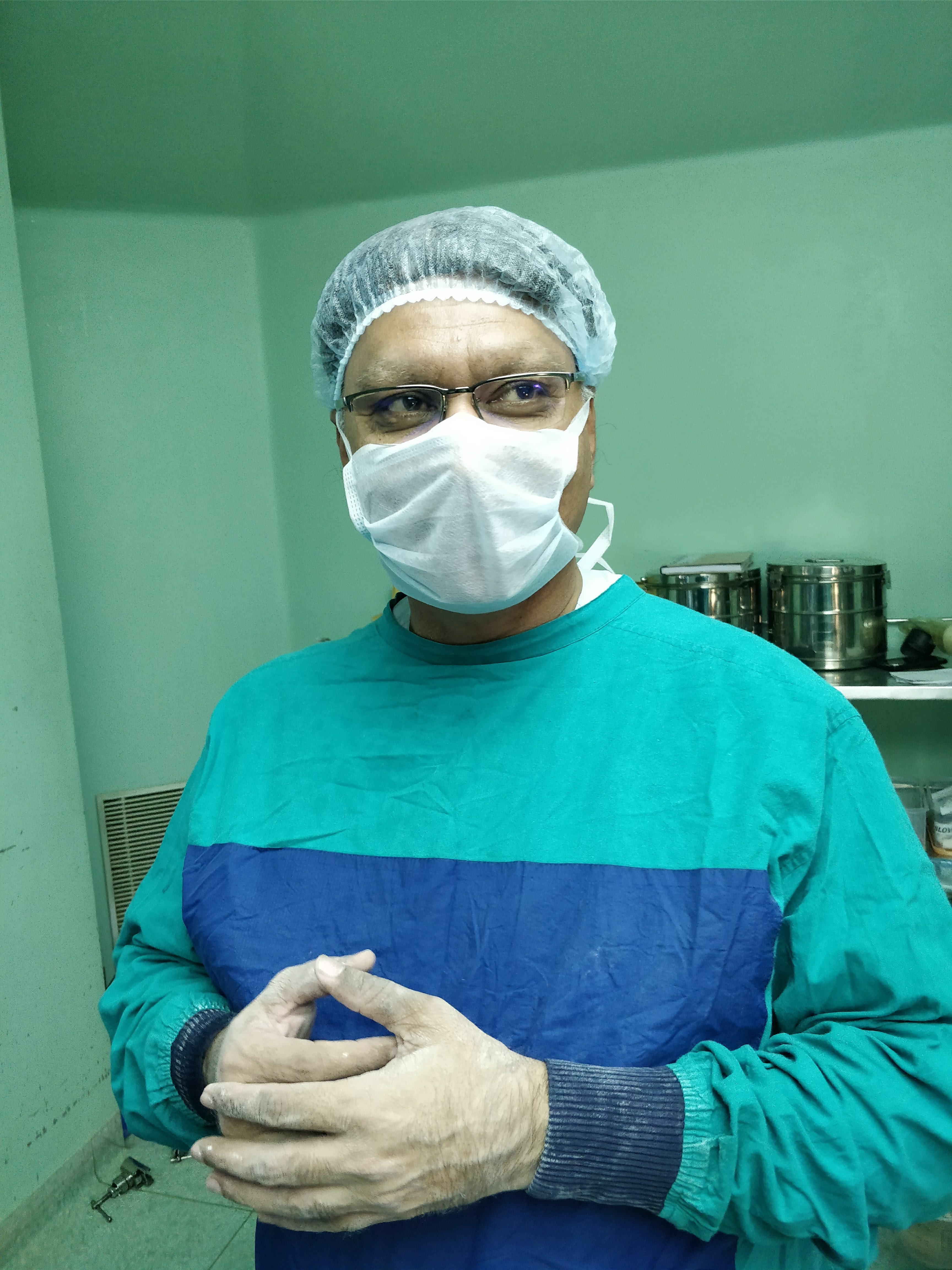
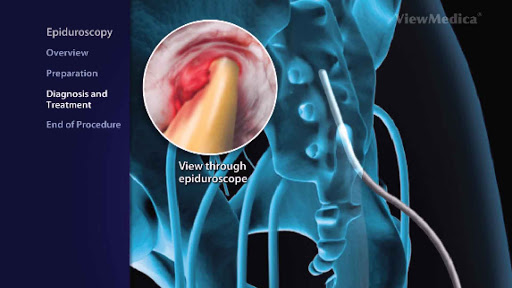

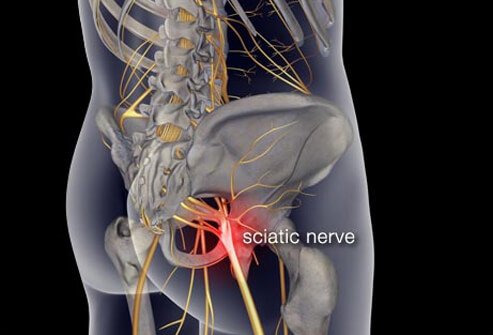

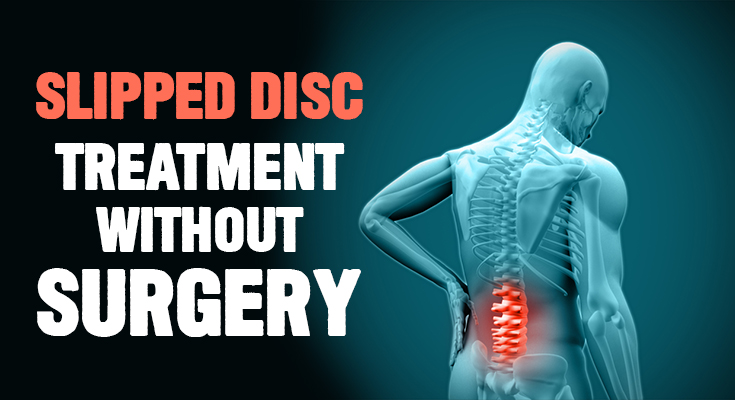

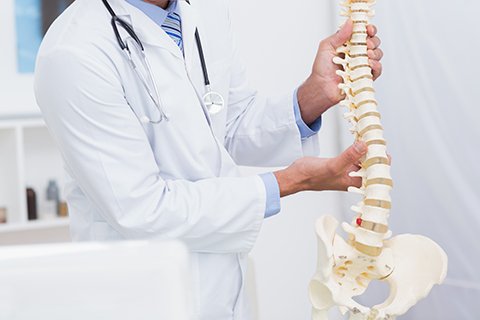


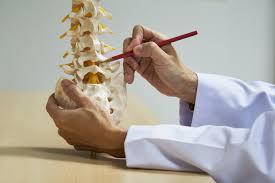
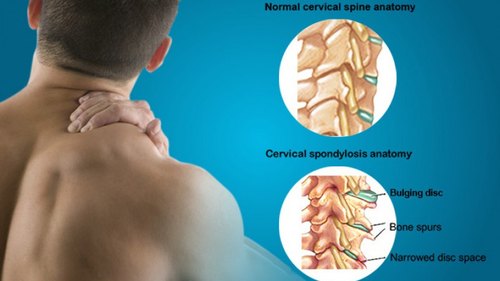
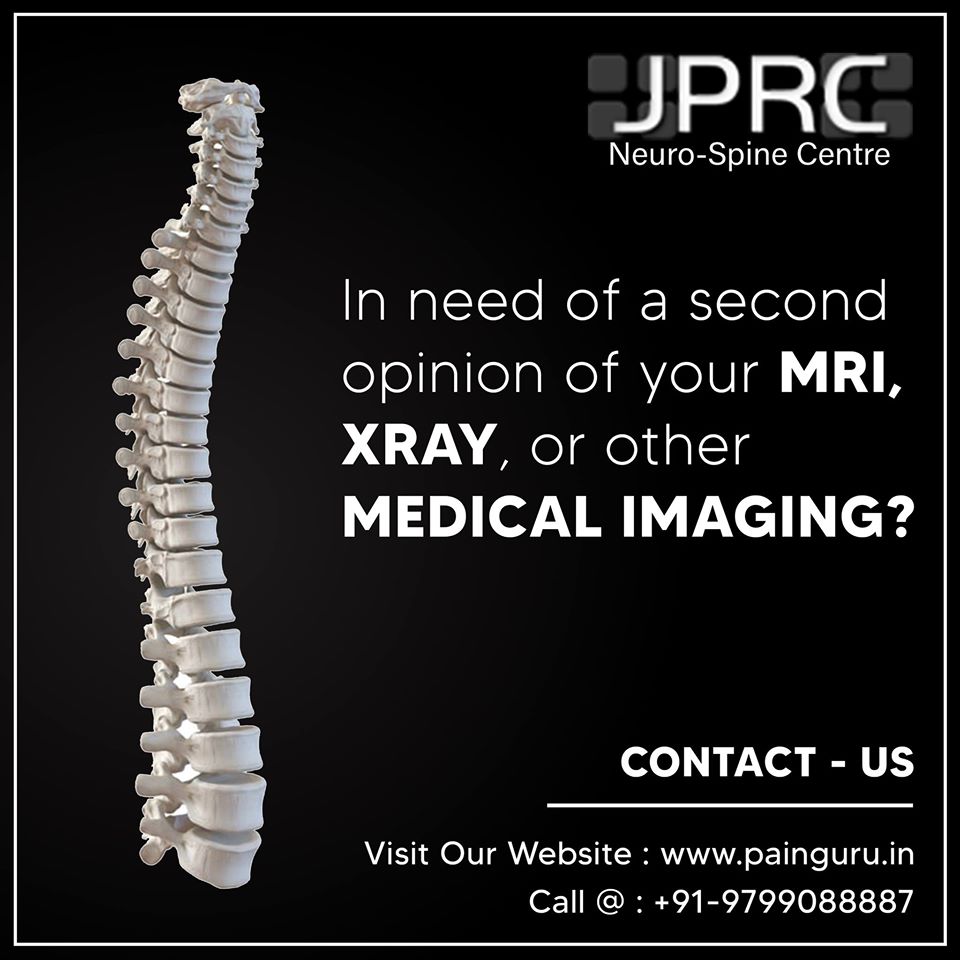




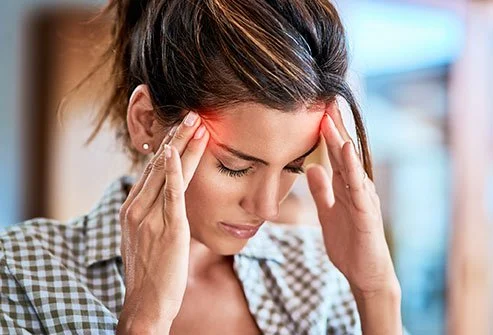

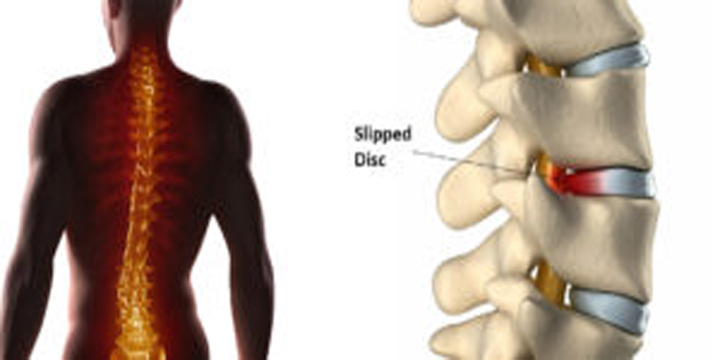
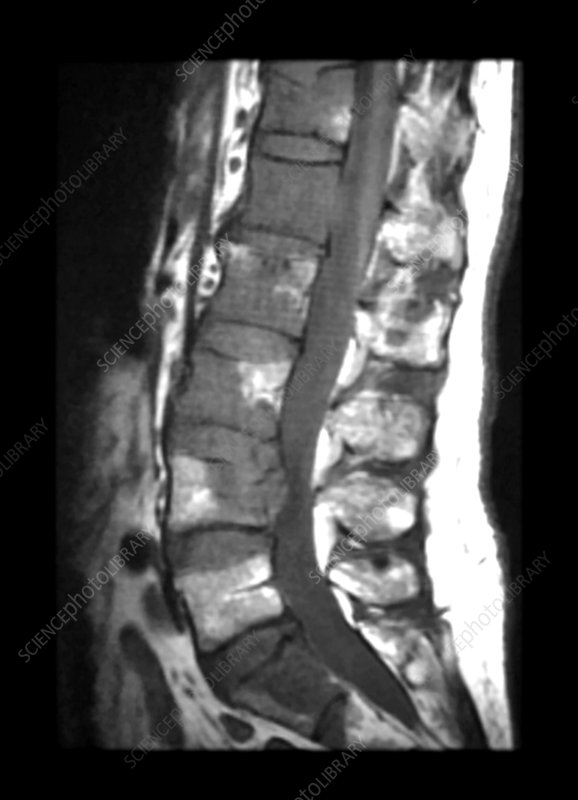
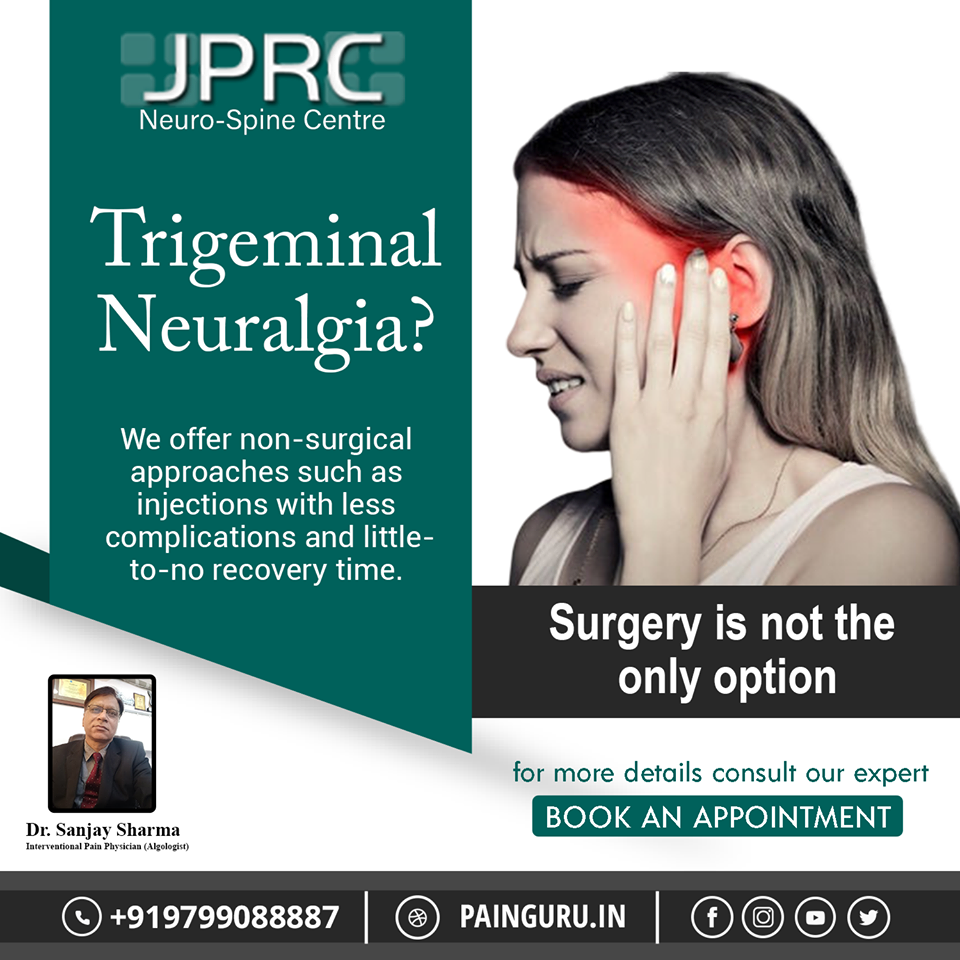



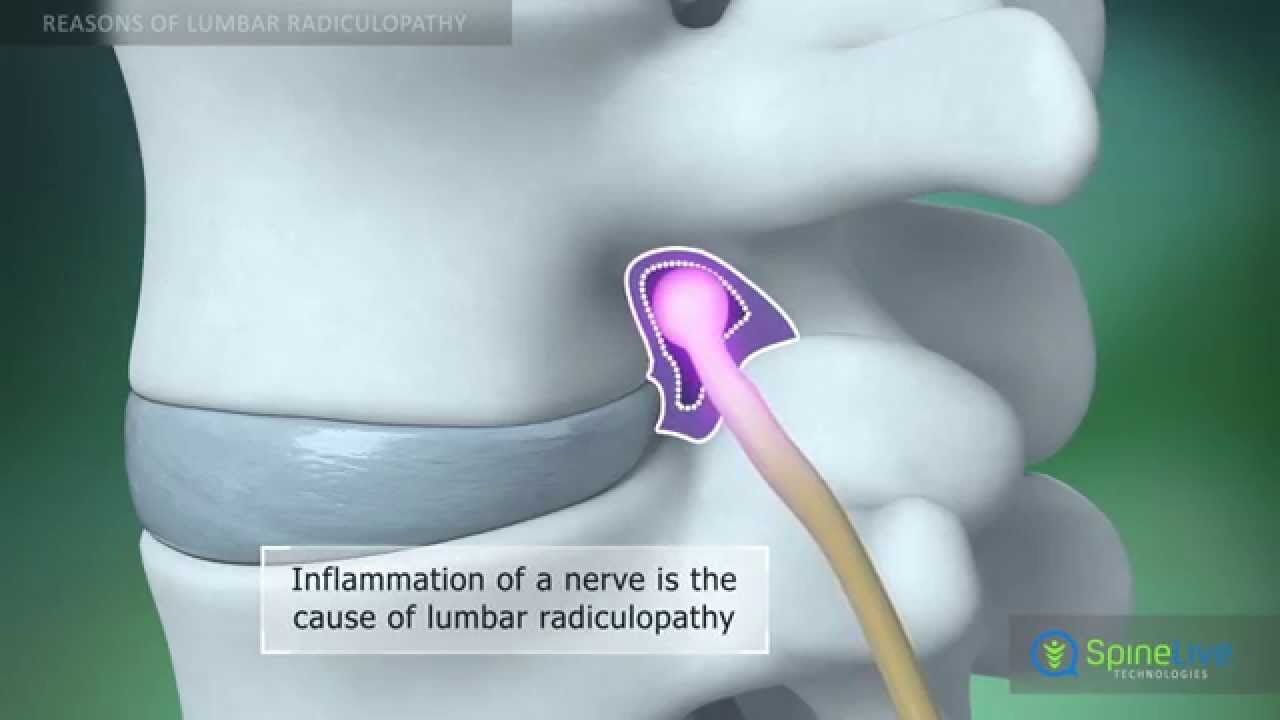
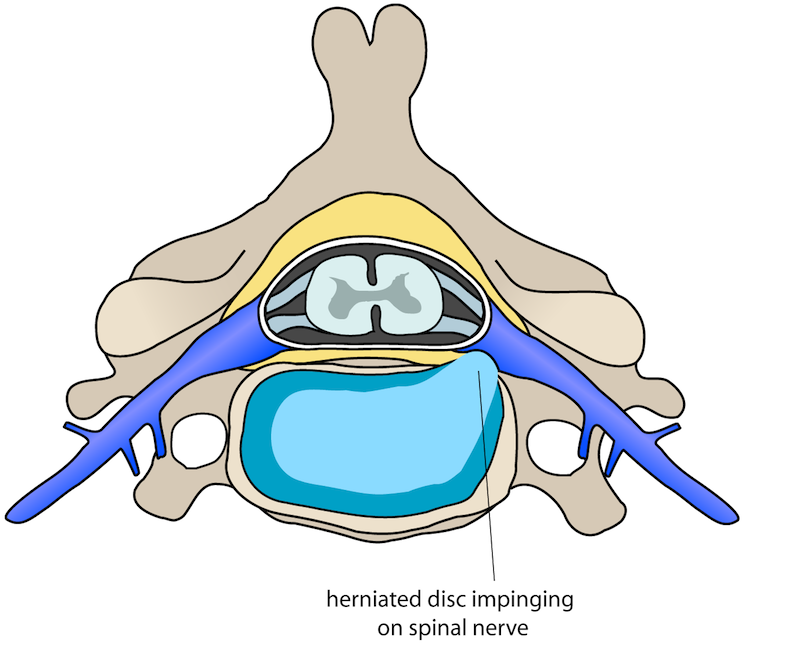
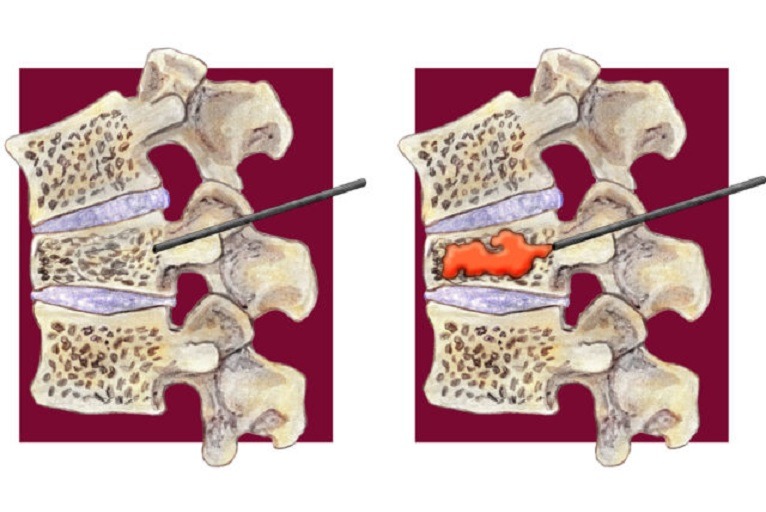












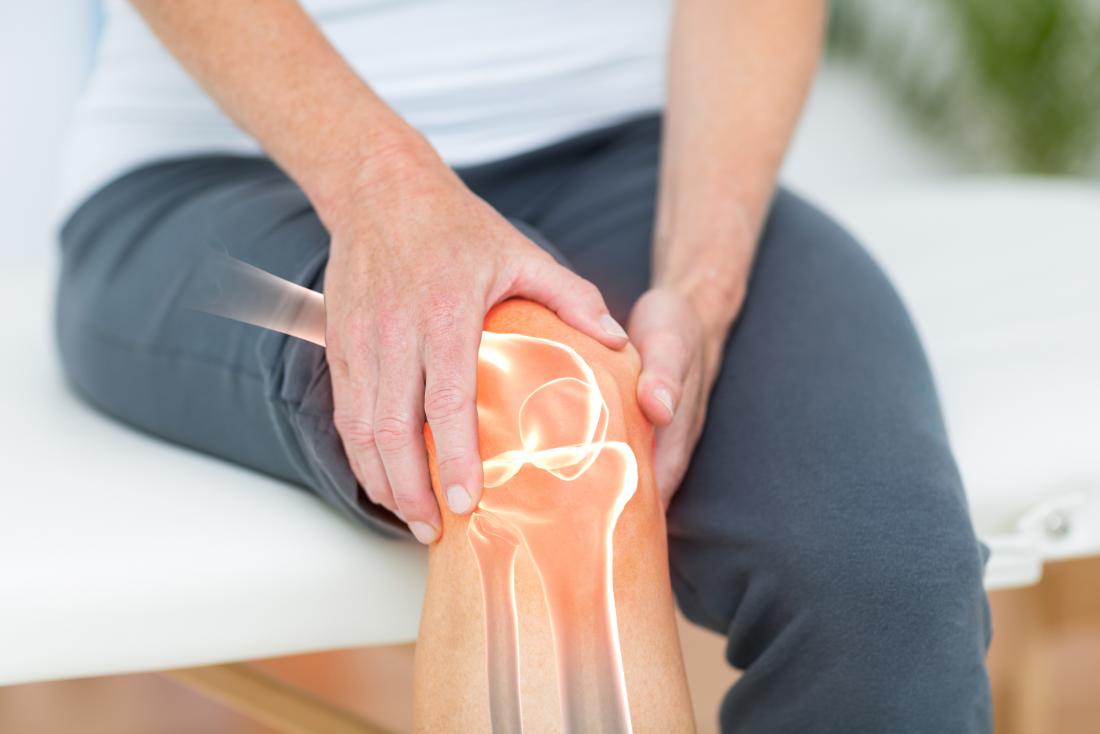
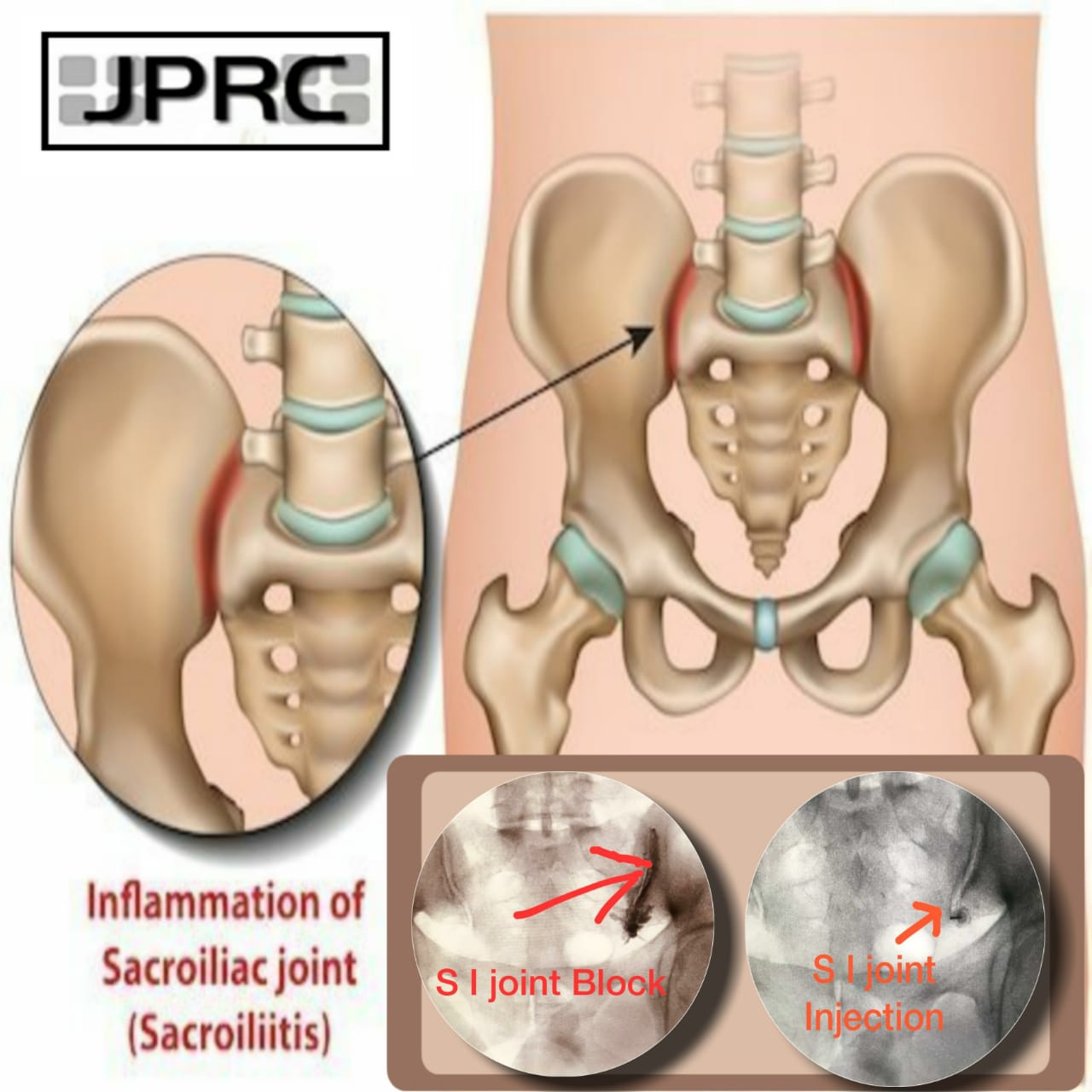
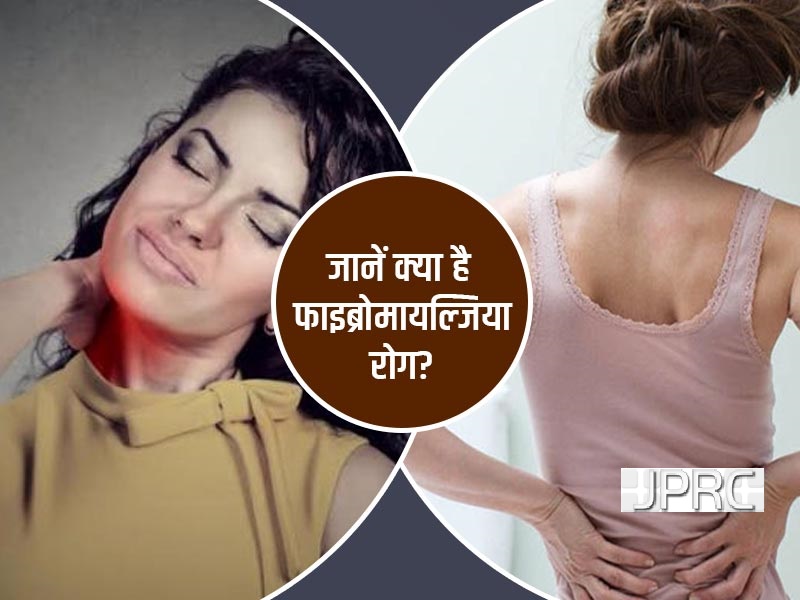

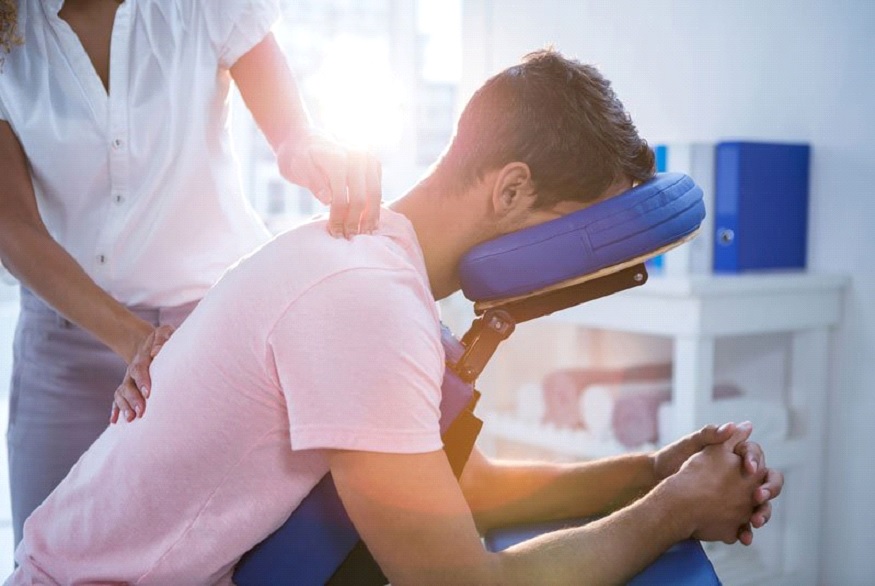


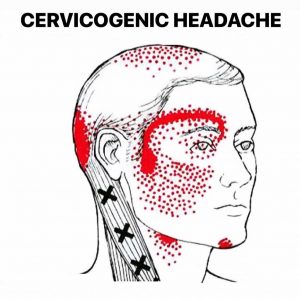




.jpg)



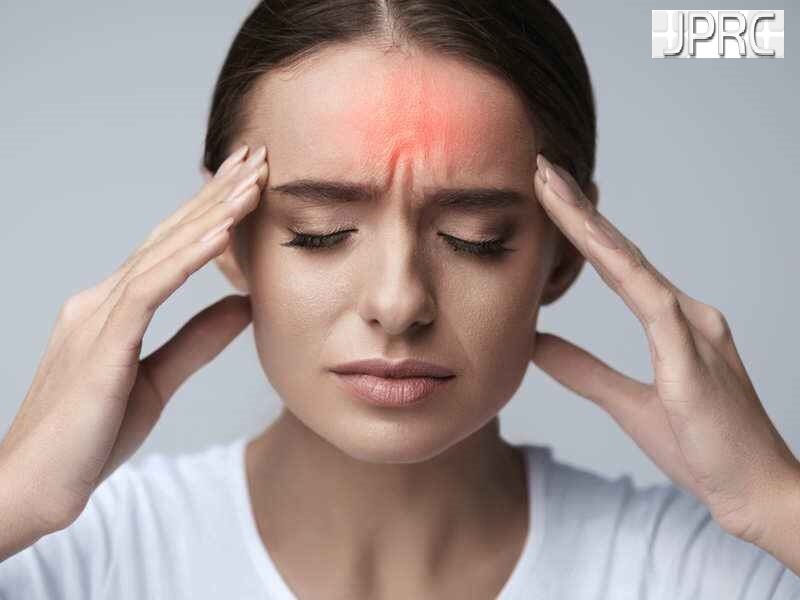
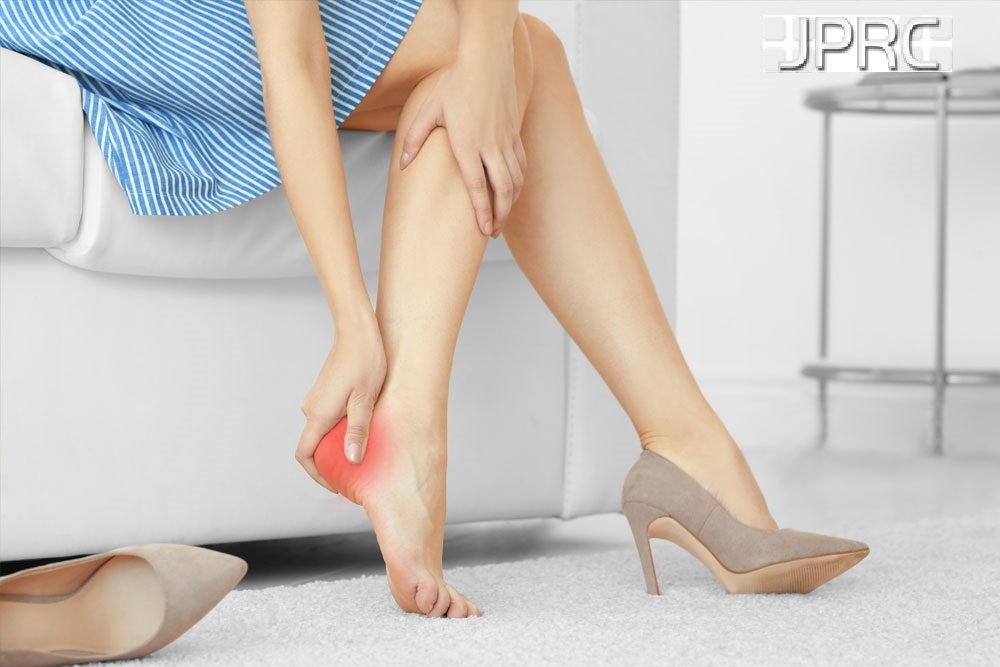
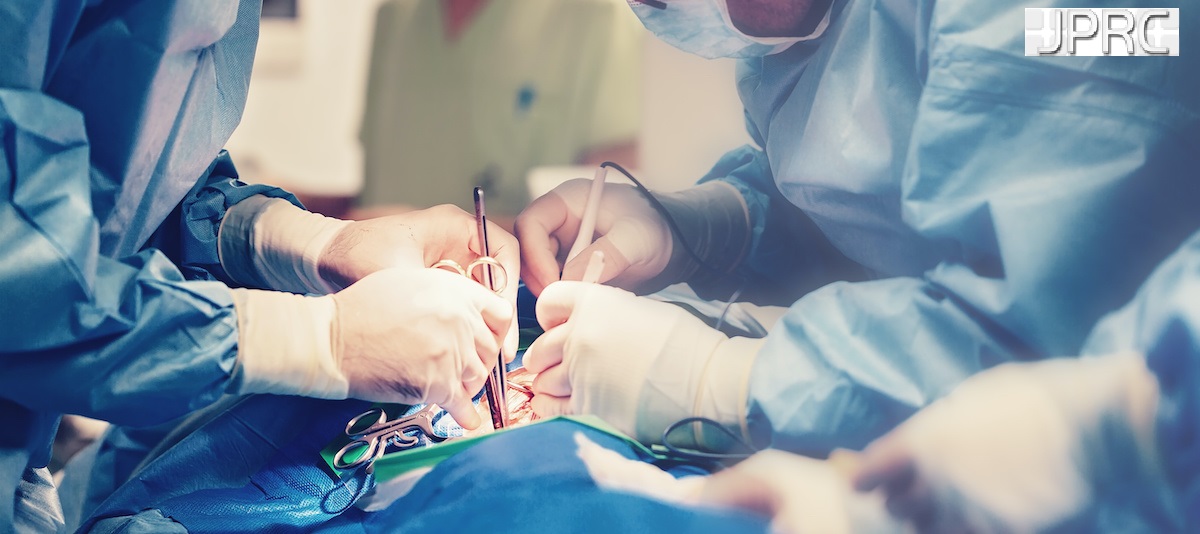
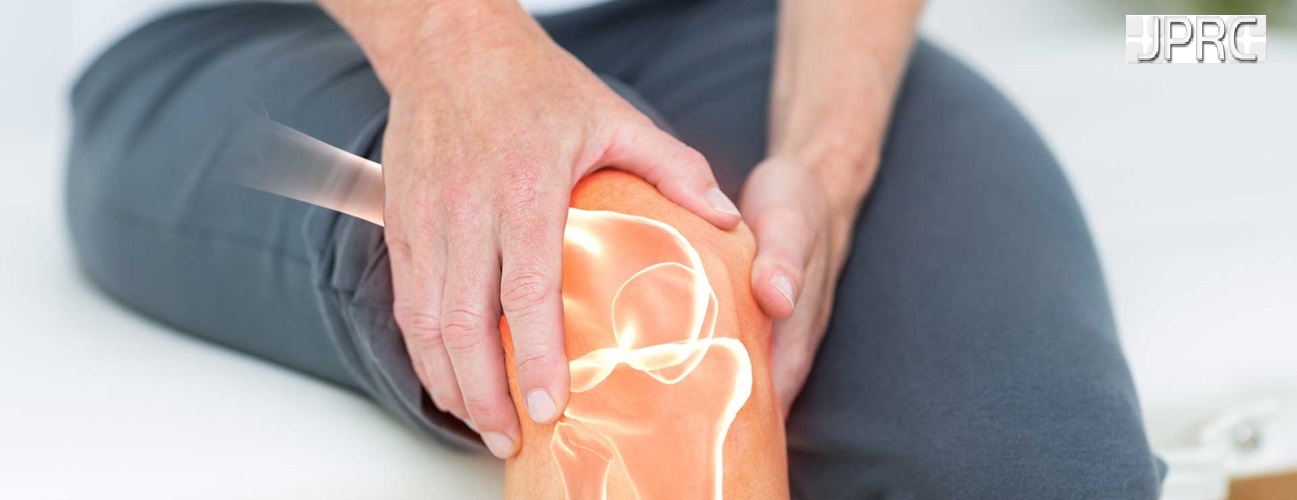

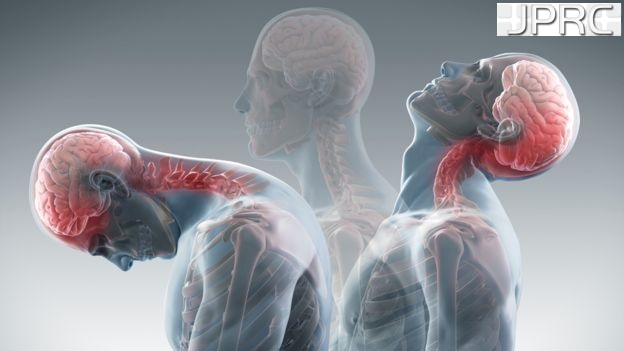


_Injection_Description_in_Hindi.jpg)
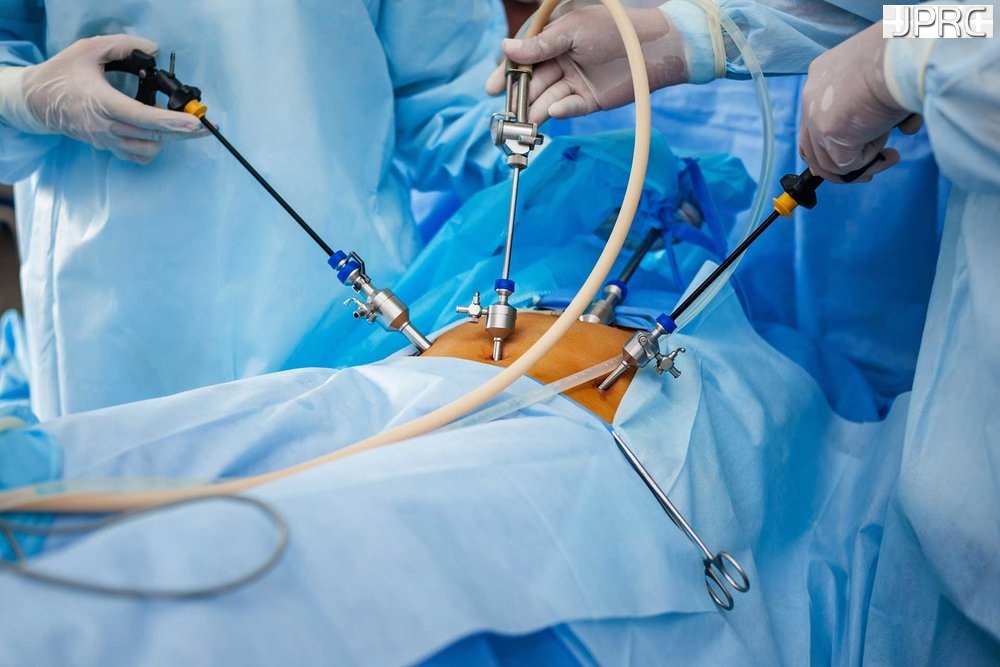

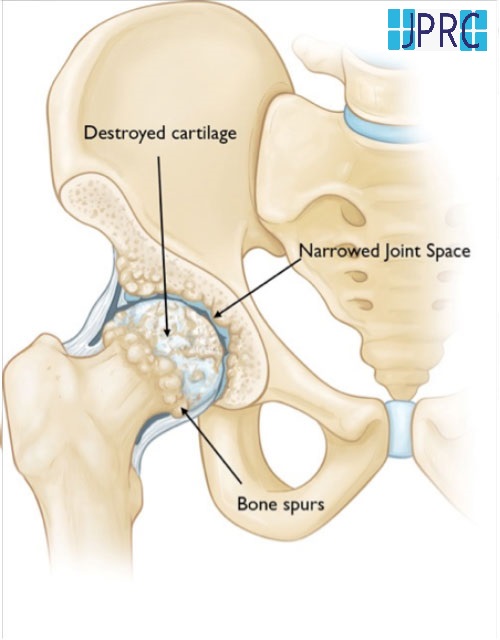



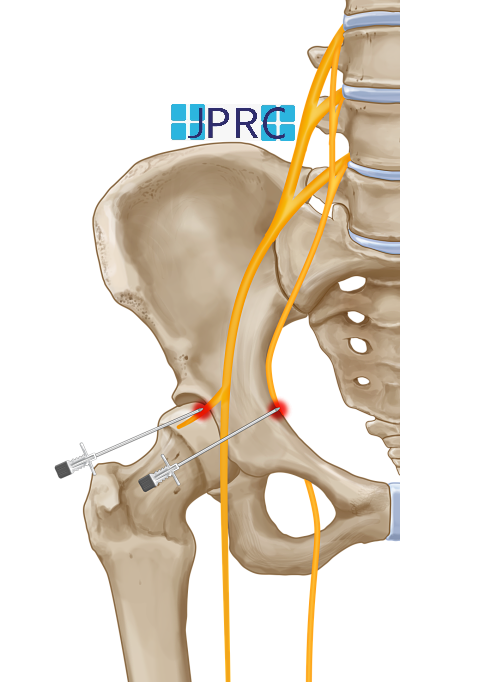


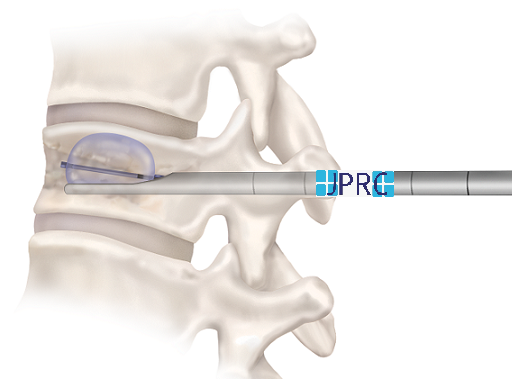

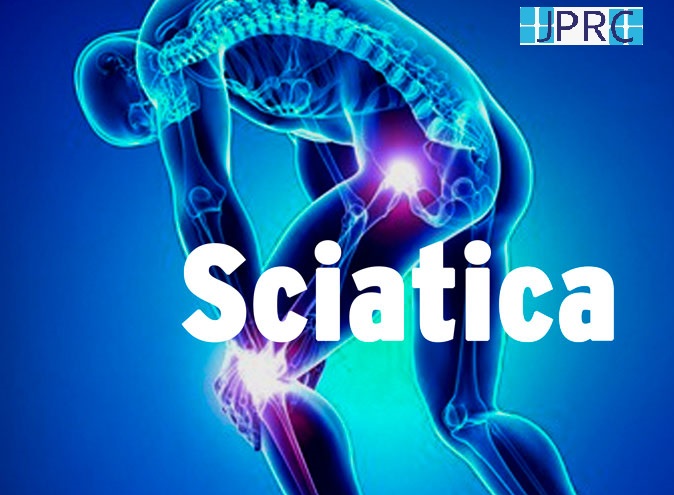



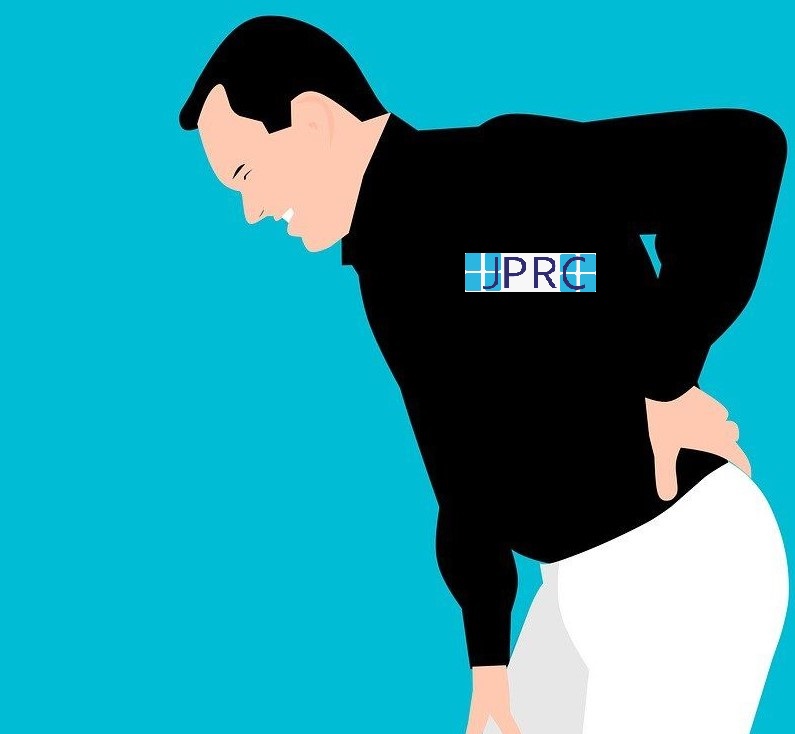
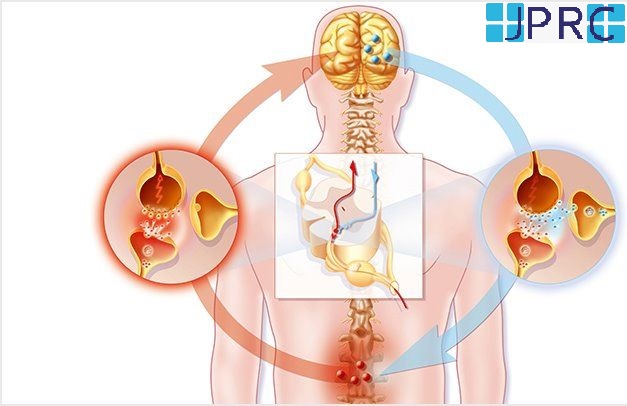

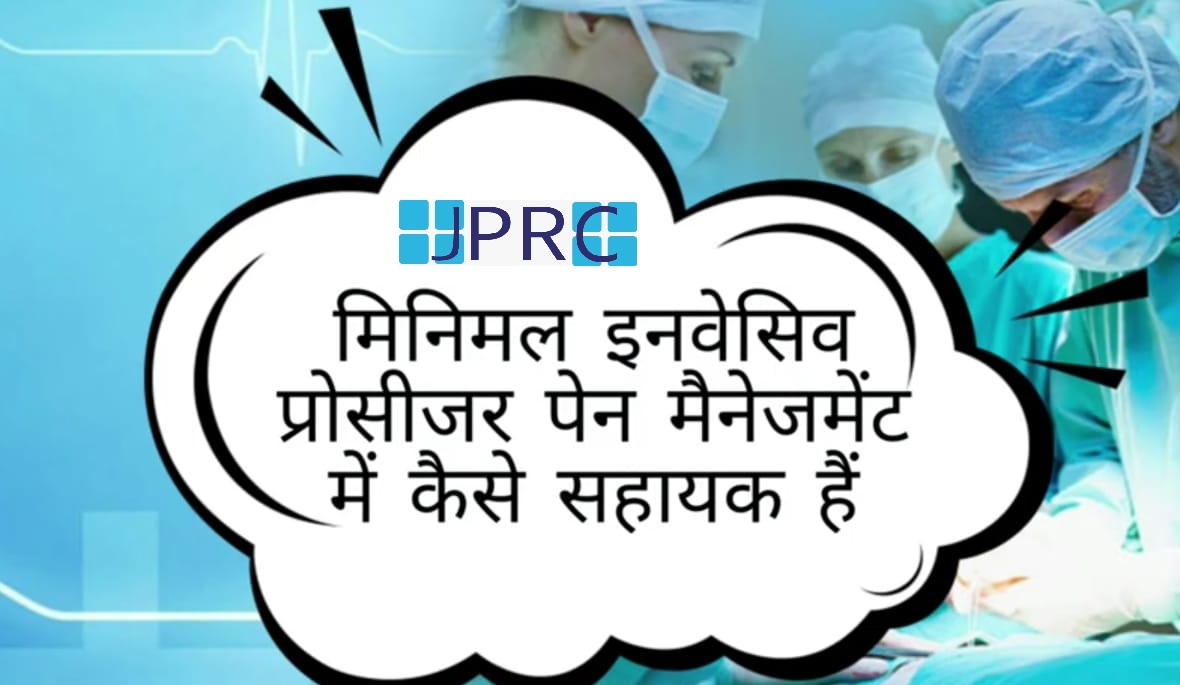
.jpg)
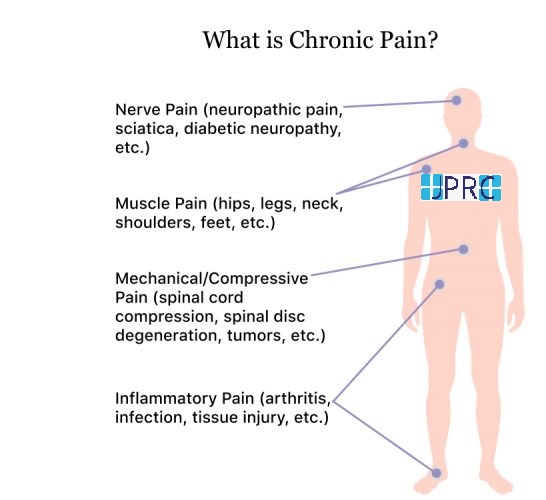


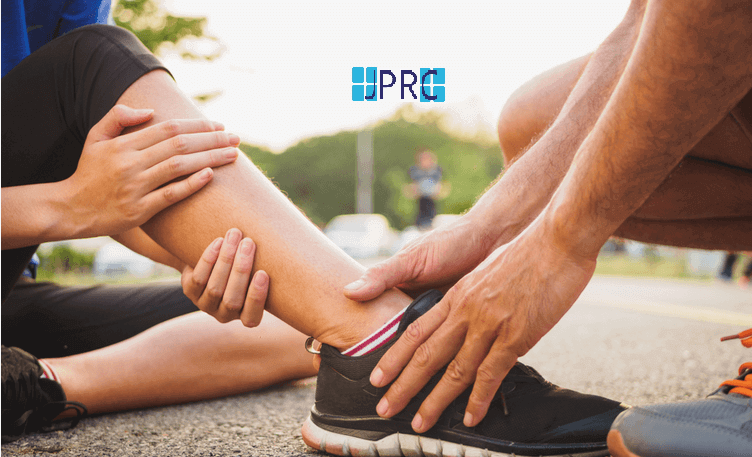
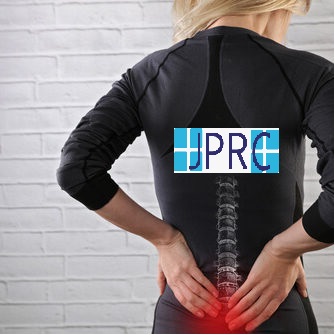


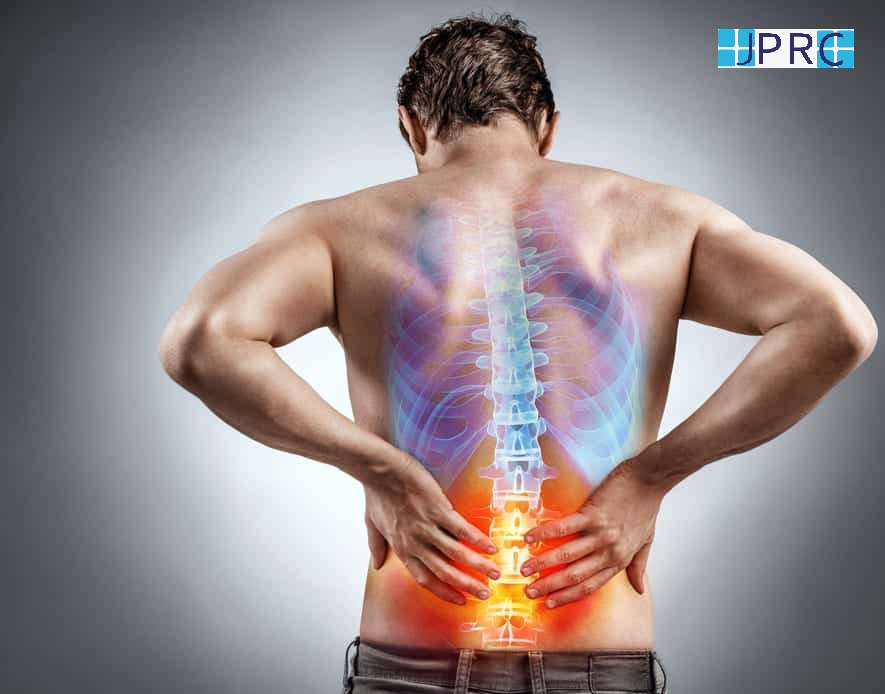
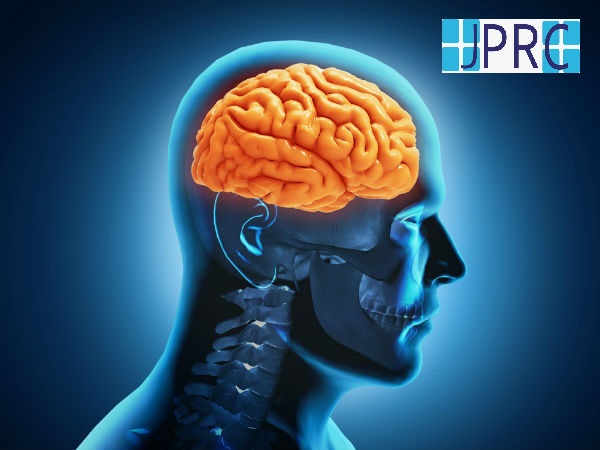
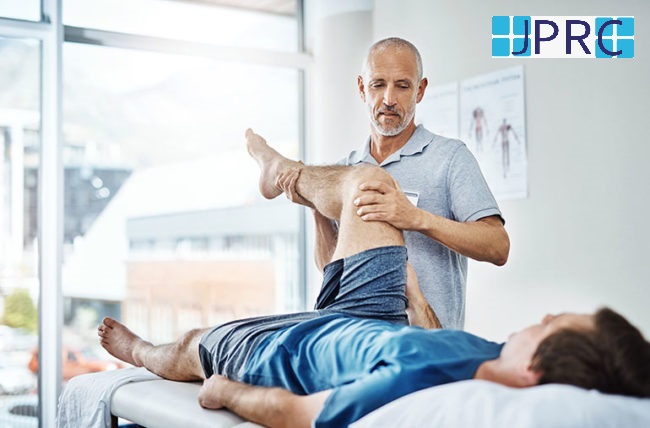
.jpg)




.jpg)
.jpg)
.jpg)


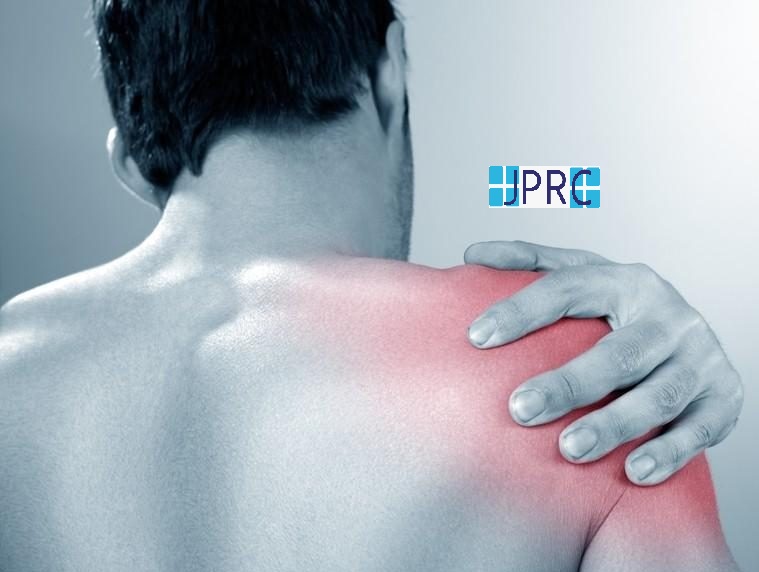
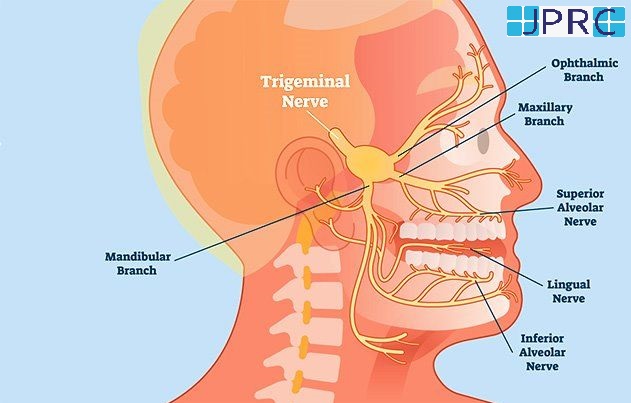

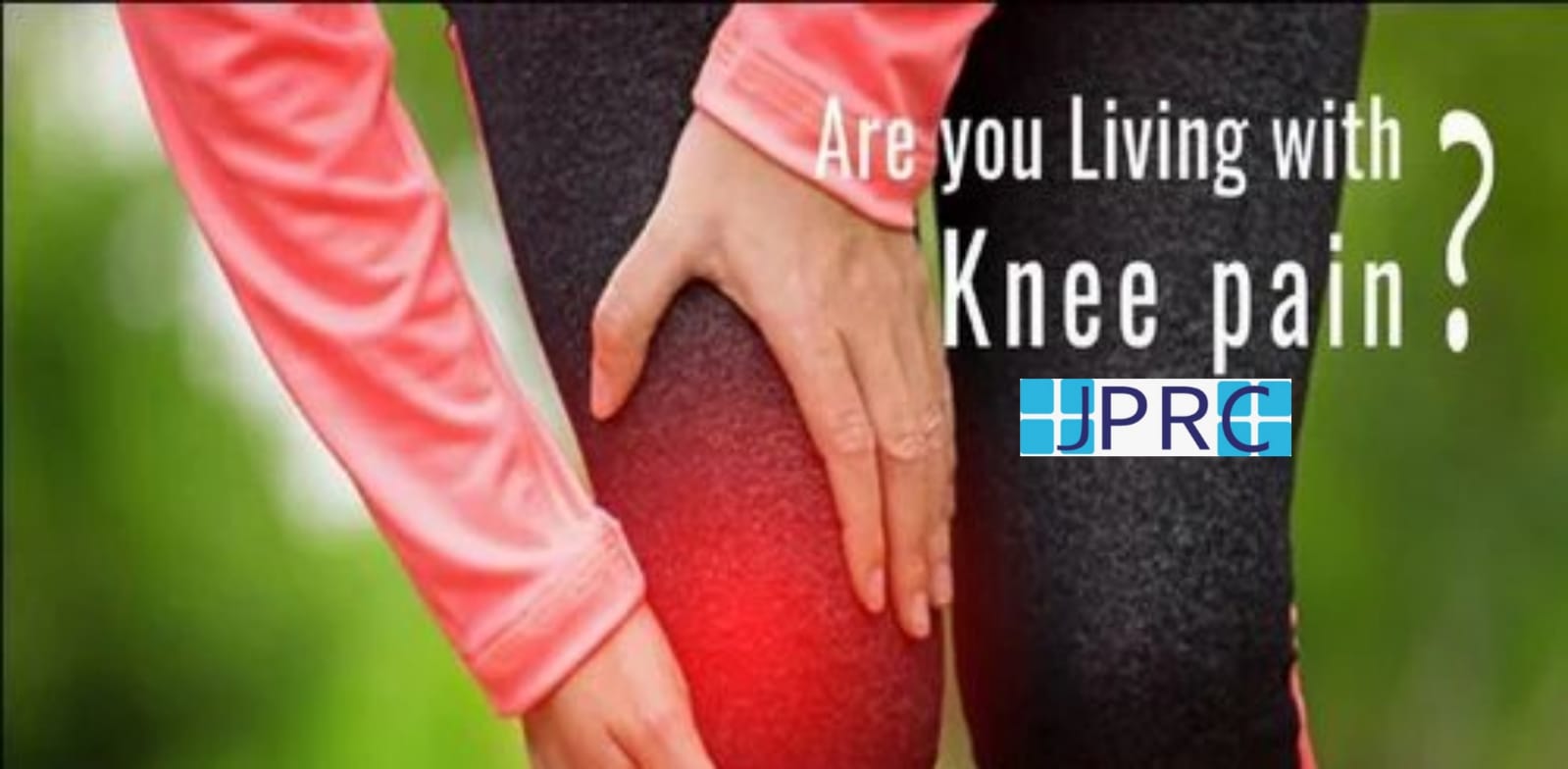

.jpg)
.jpg)
.jpg)
.jpg)
.jpg)
.jpg)
.jpg)
.jpg)
.jpg)
.jpg)
.jpg)
.jpg)
.jpg)
.jpg)
.jpg)
.jpg)
.jpg)
.jpg)
.jpg)
.jpg)
.jpg)
.jpg)
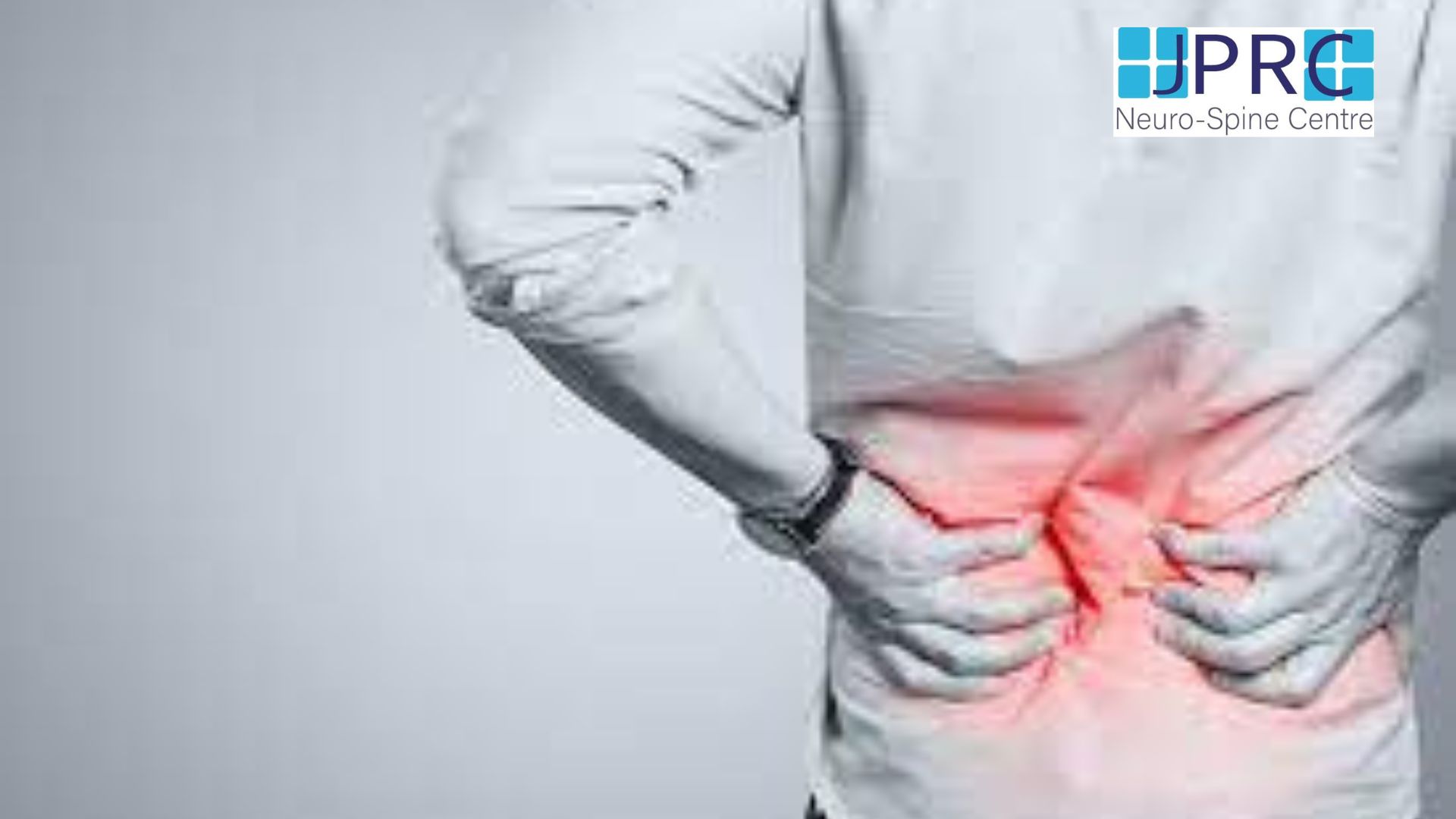



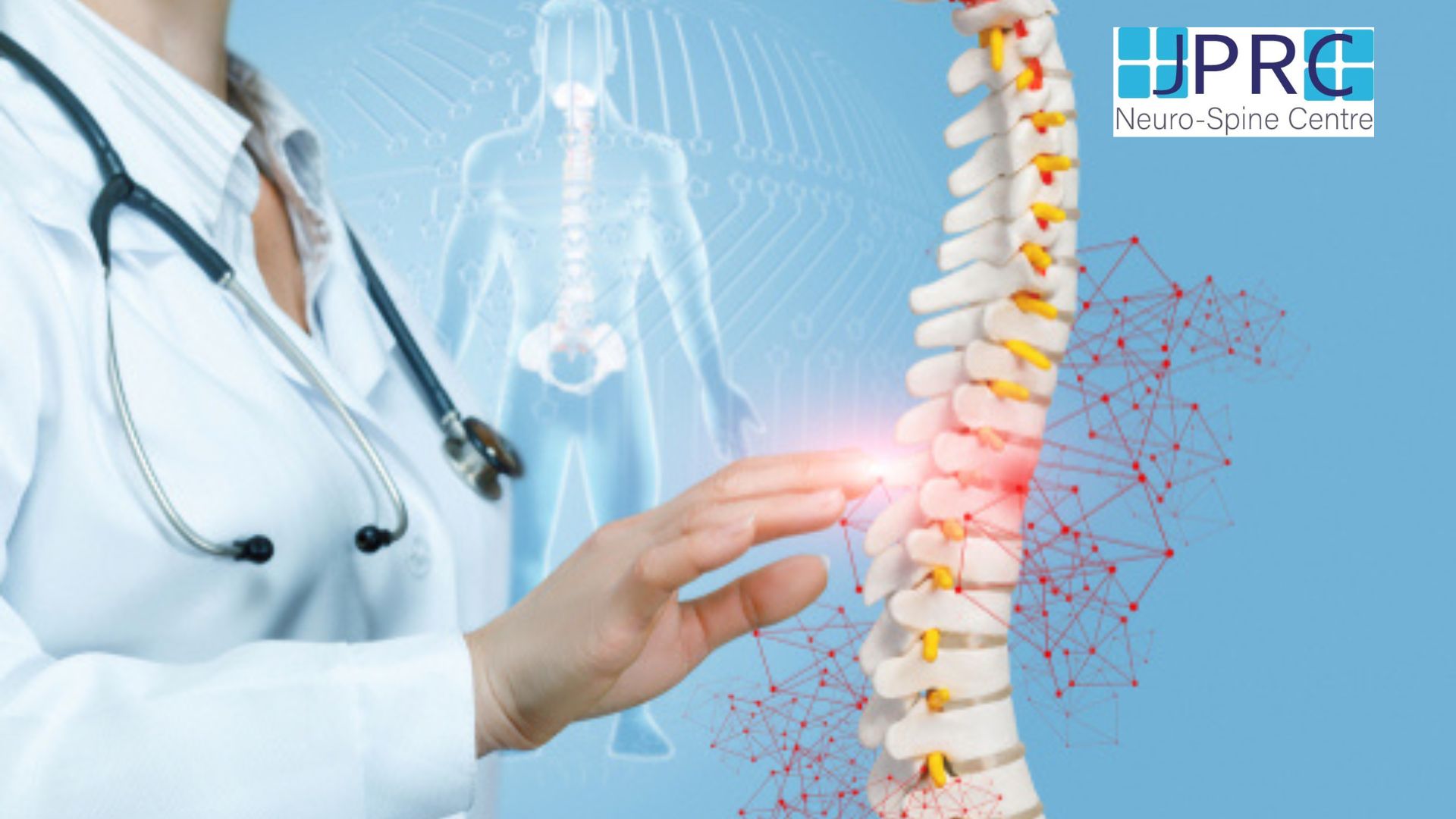

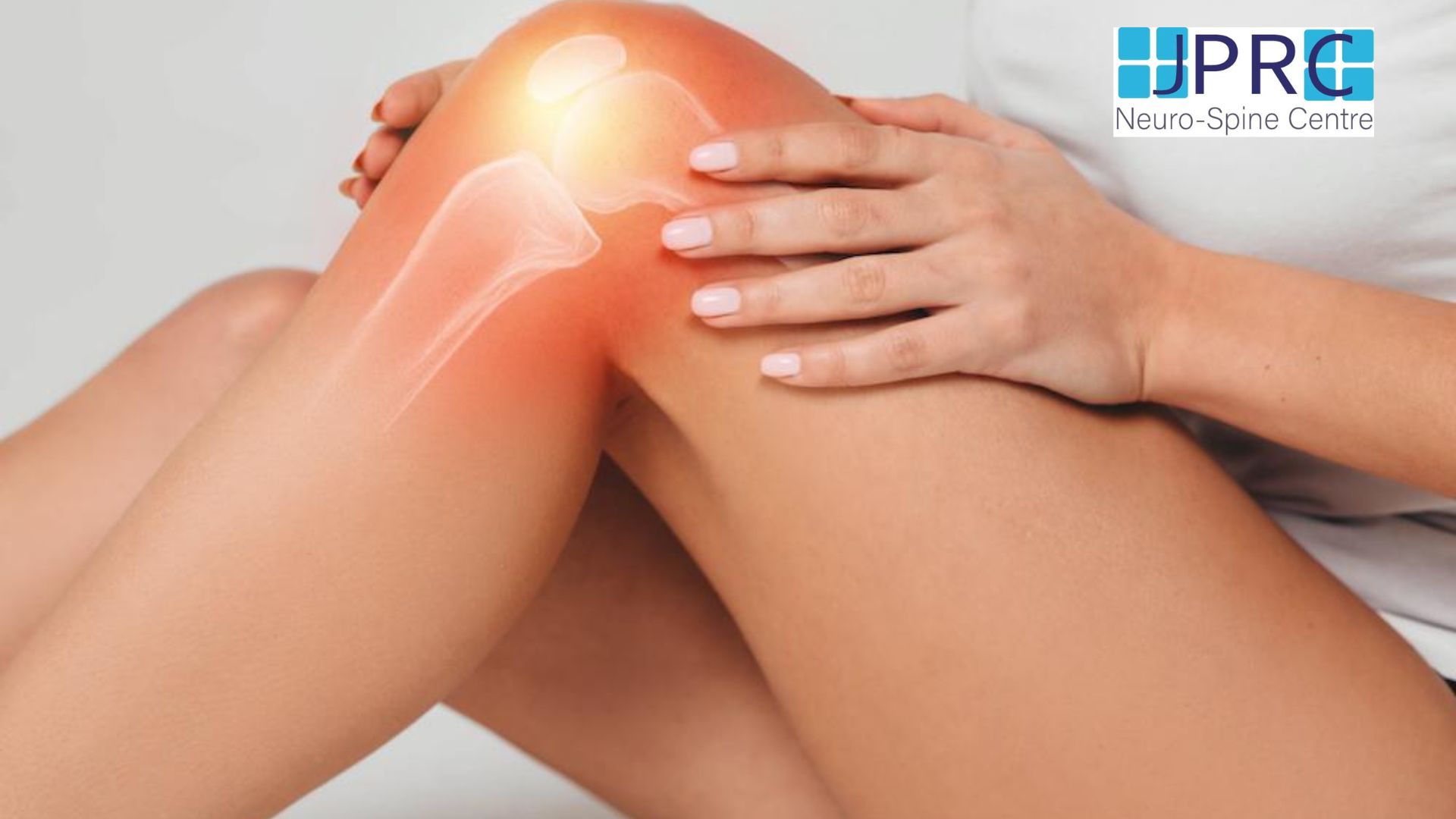

1.jpg)
1.jpg)
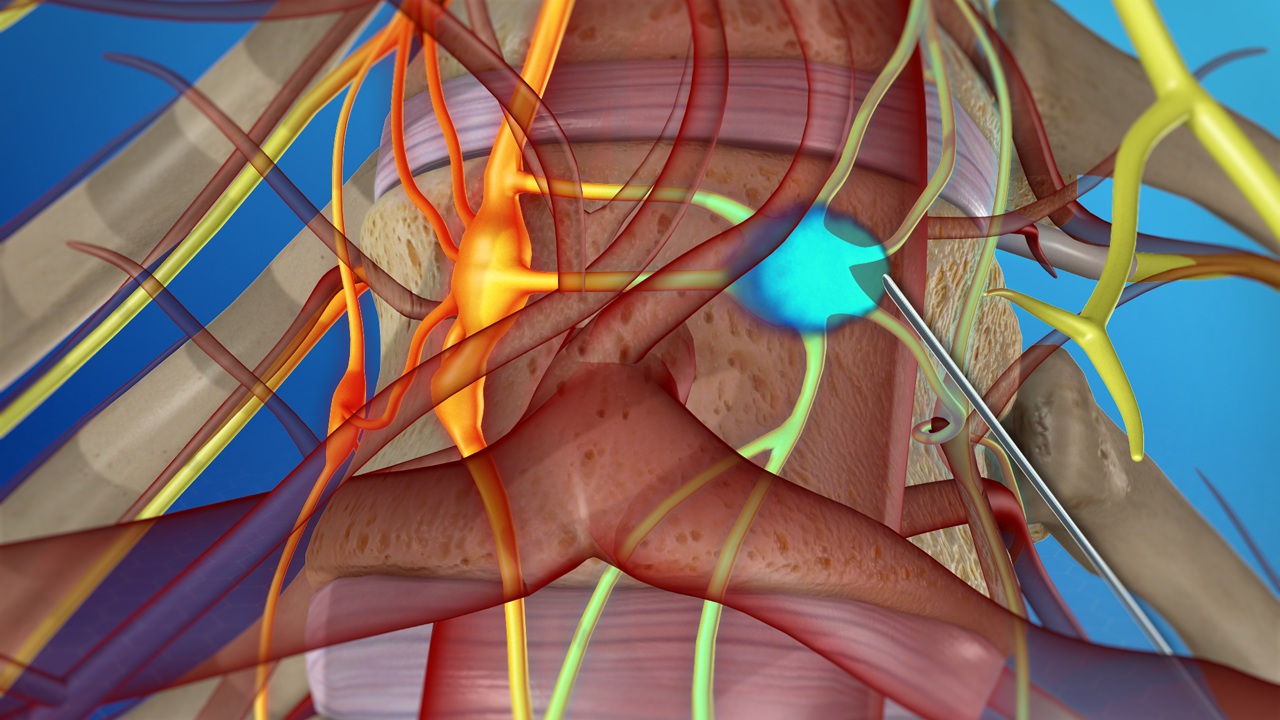
1.jpg)
1.jpg)
1.jpg)
1.jpg)
1.jpg)




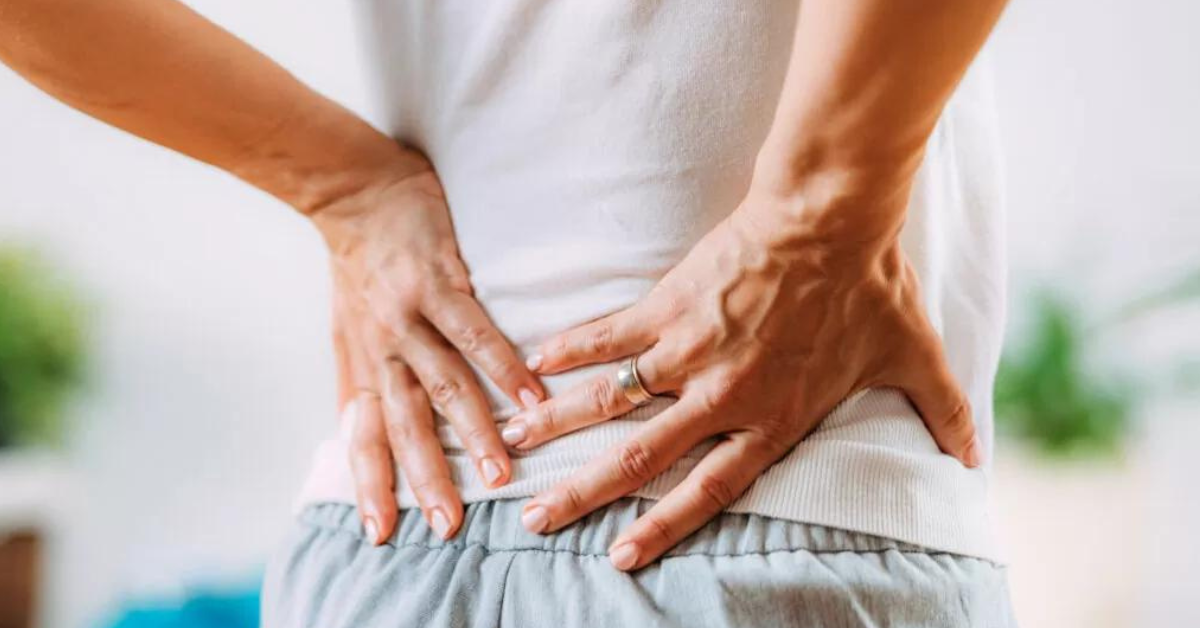

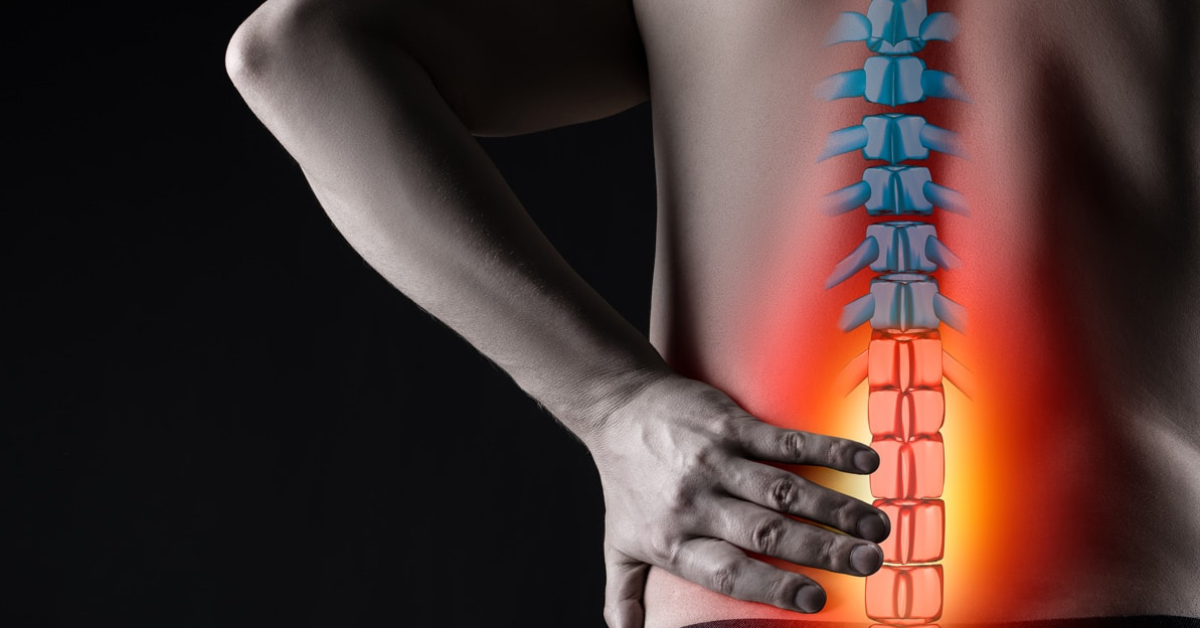

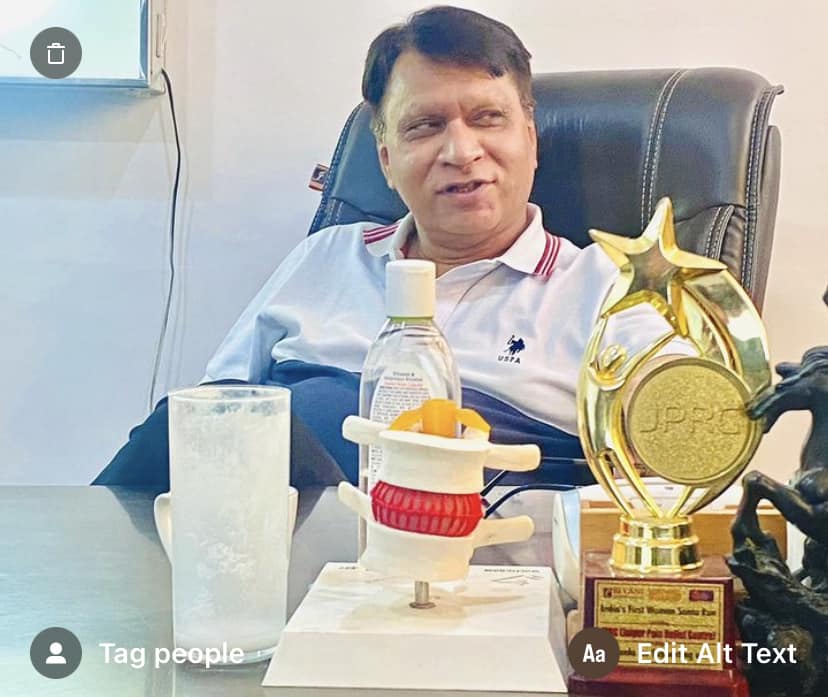
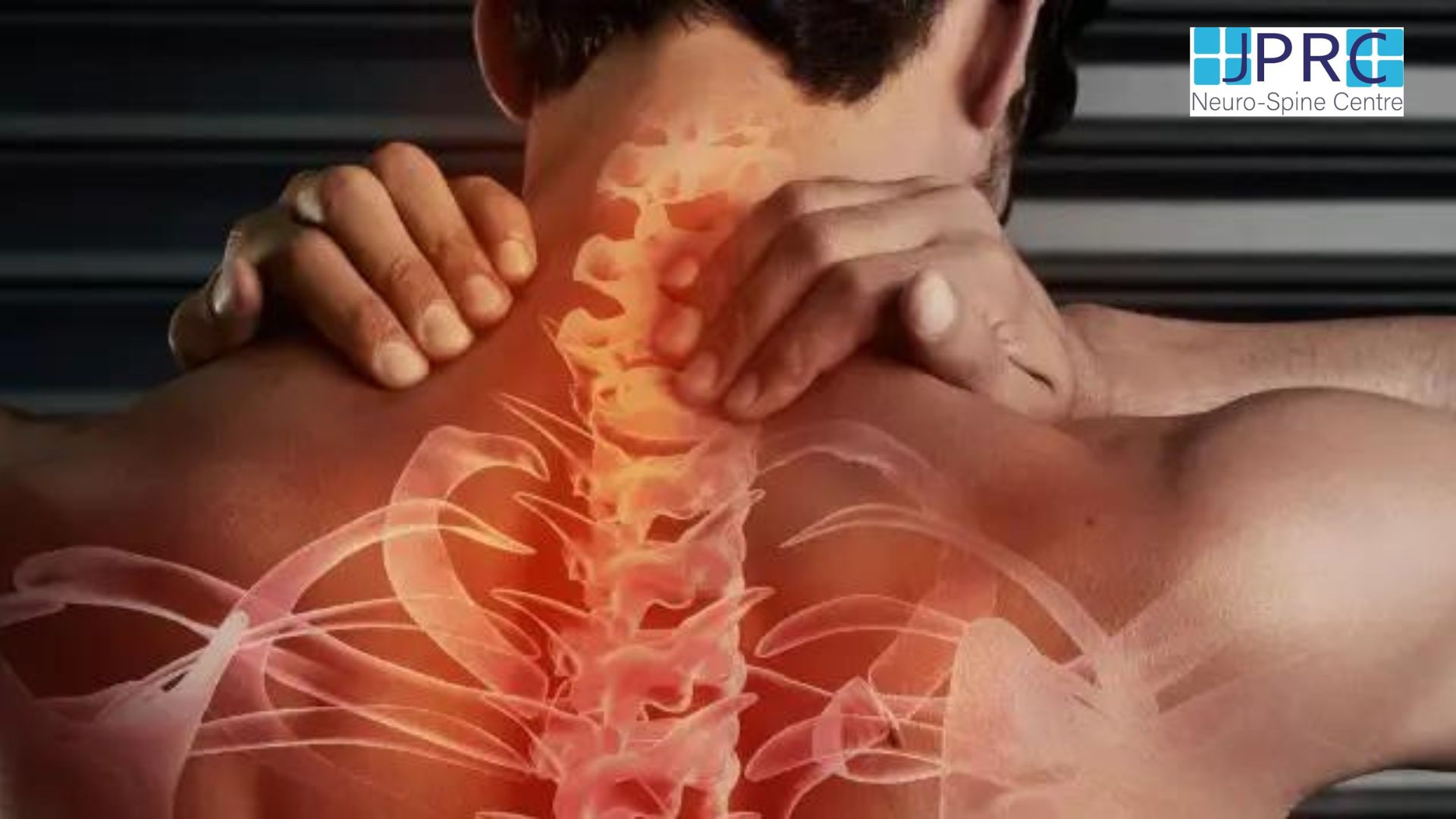
2.jpg)
3.jpg)
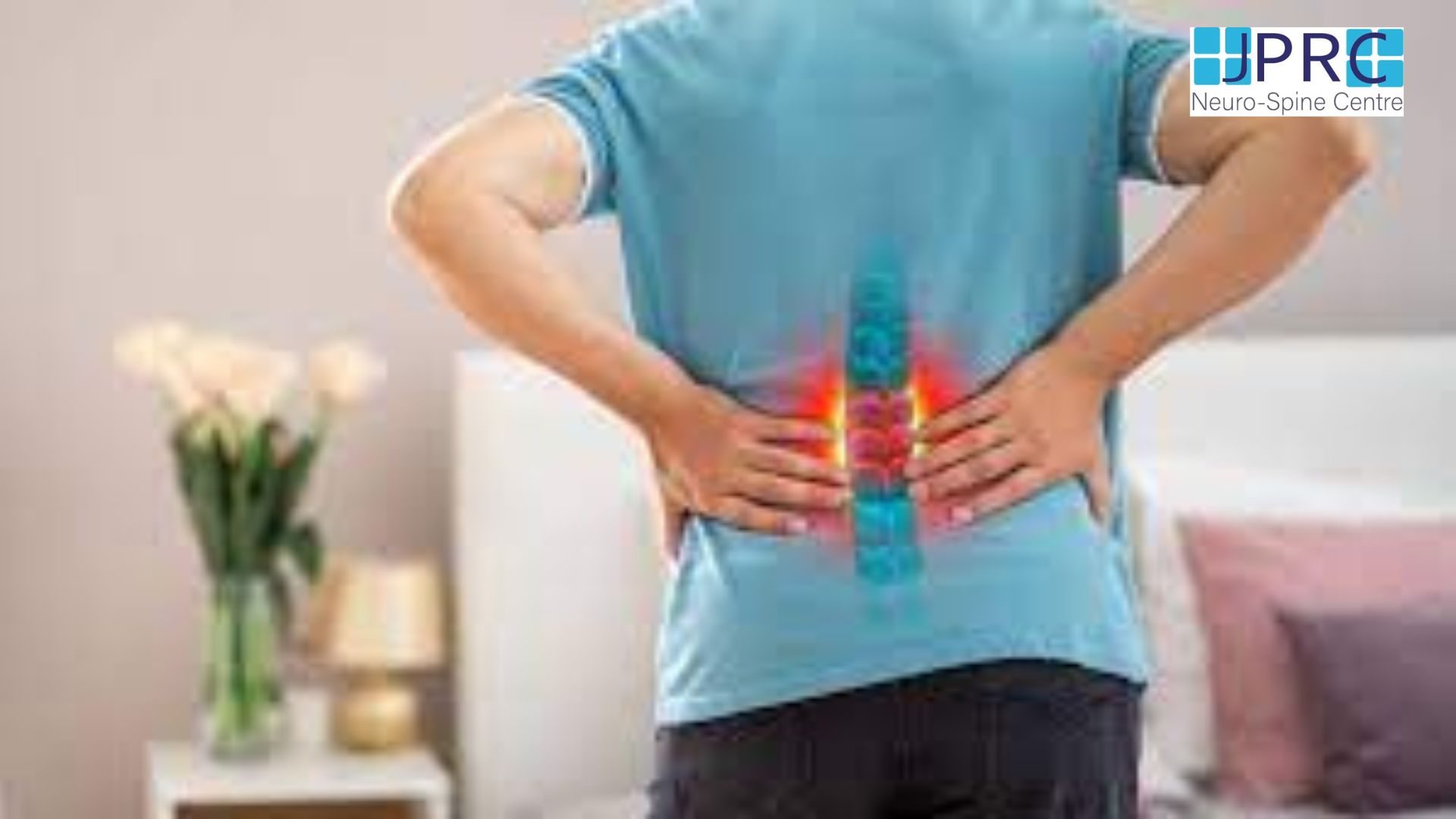
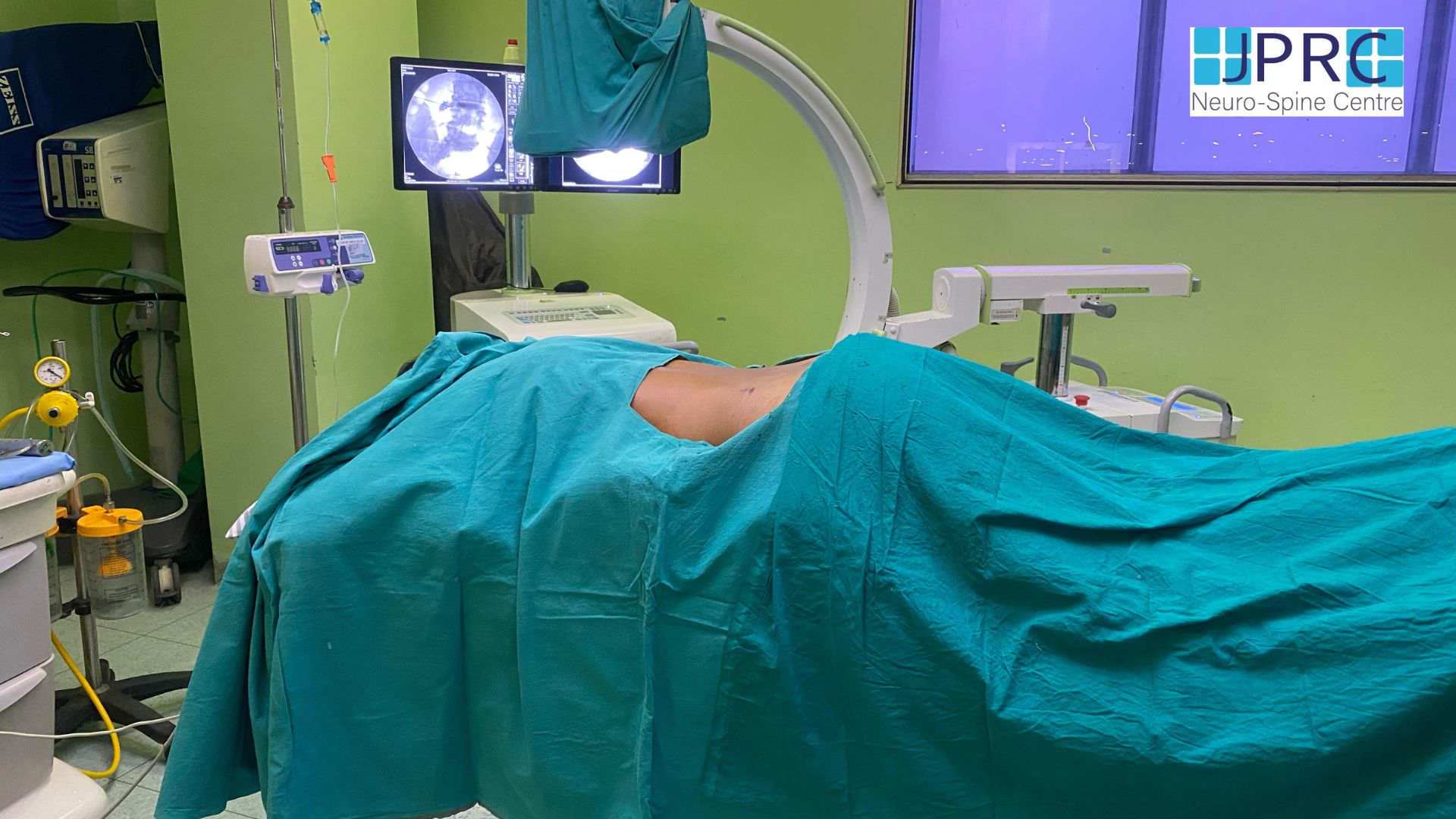
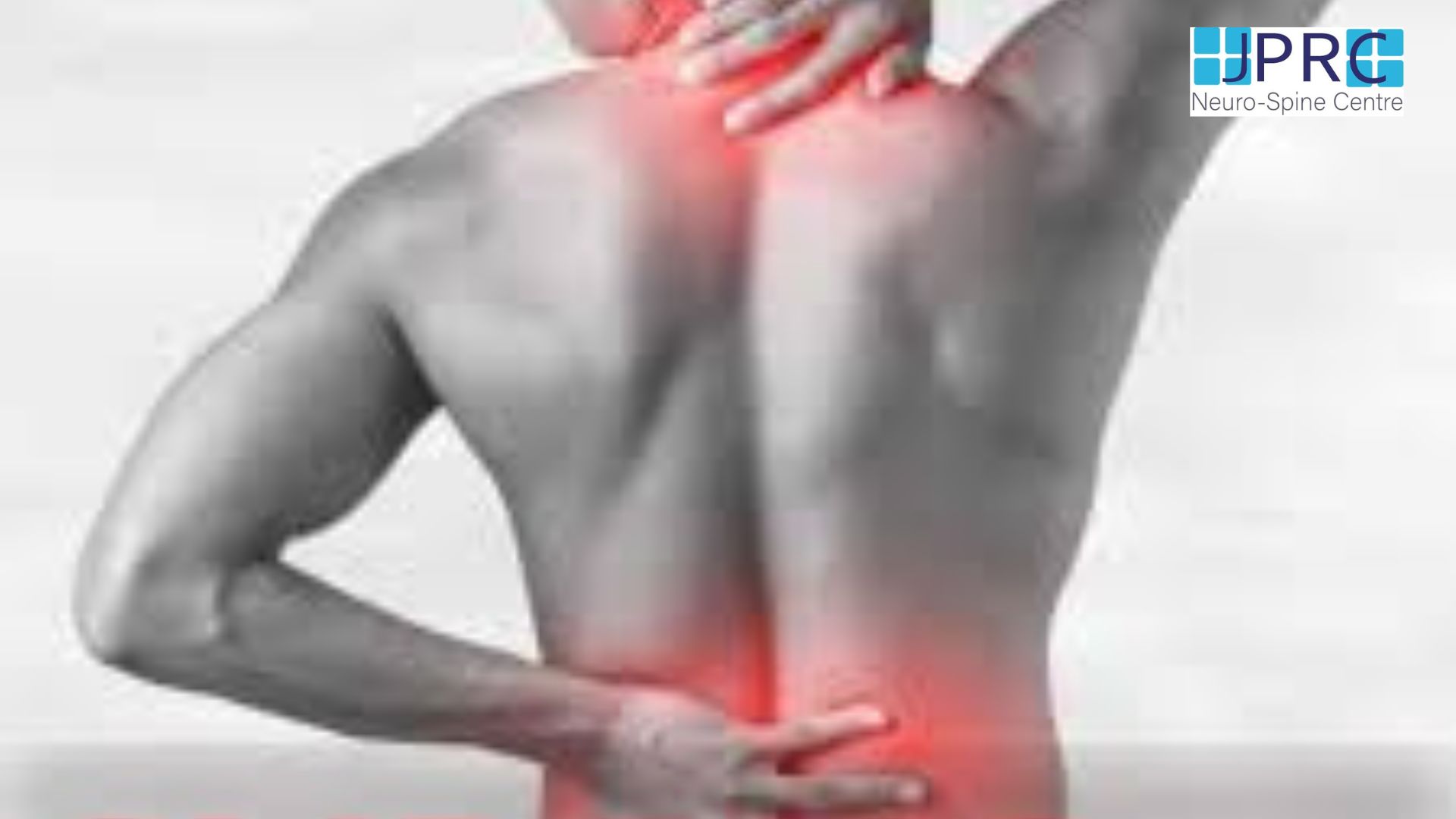
4.jpg)
1.jpg)
2.jpg)
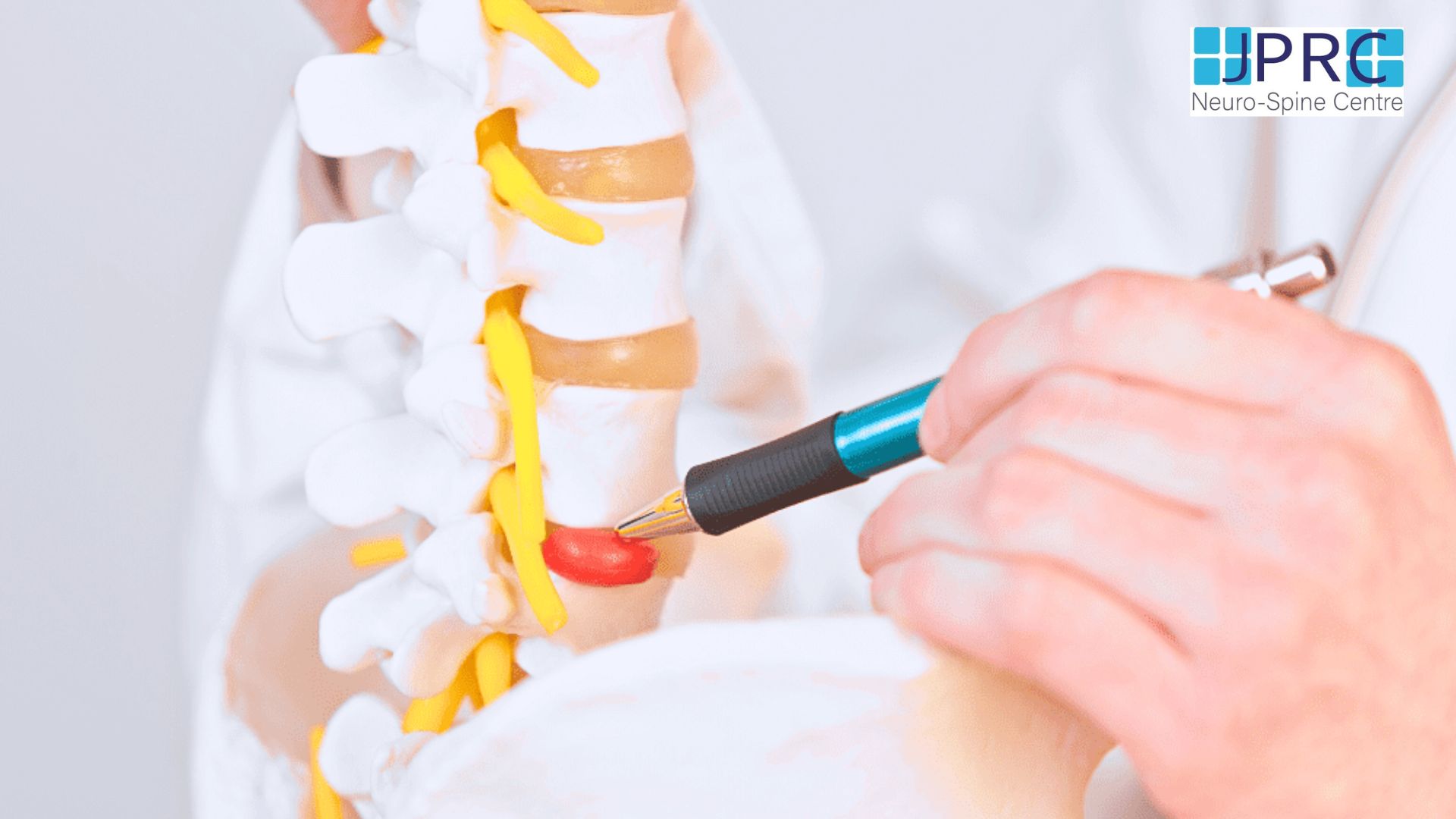
5.jpg)
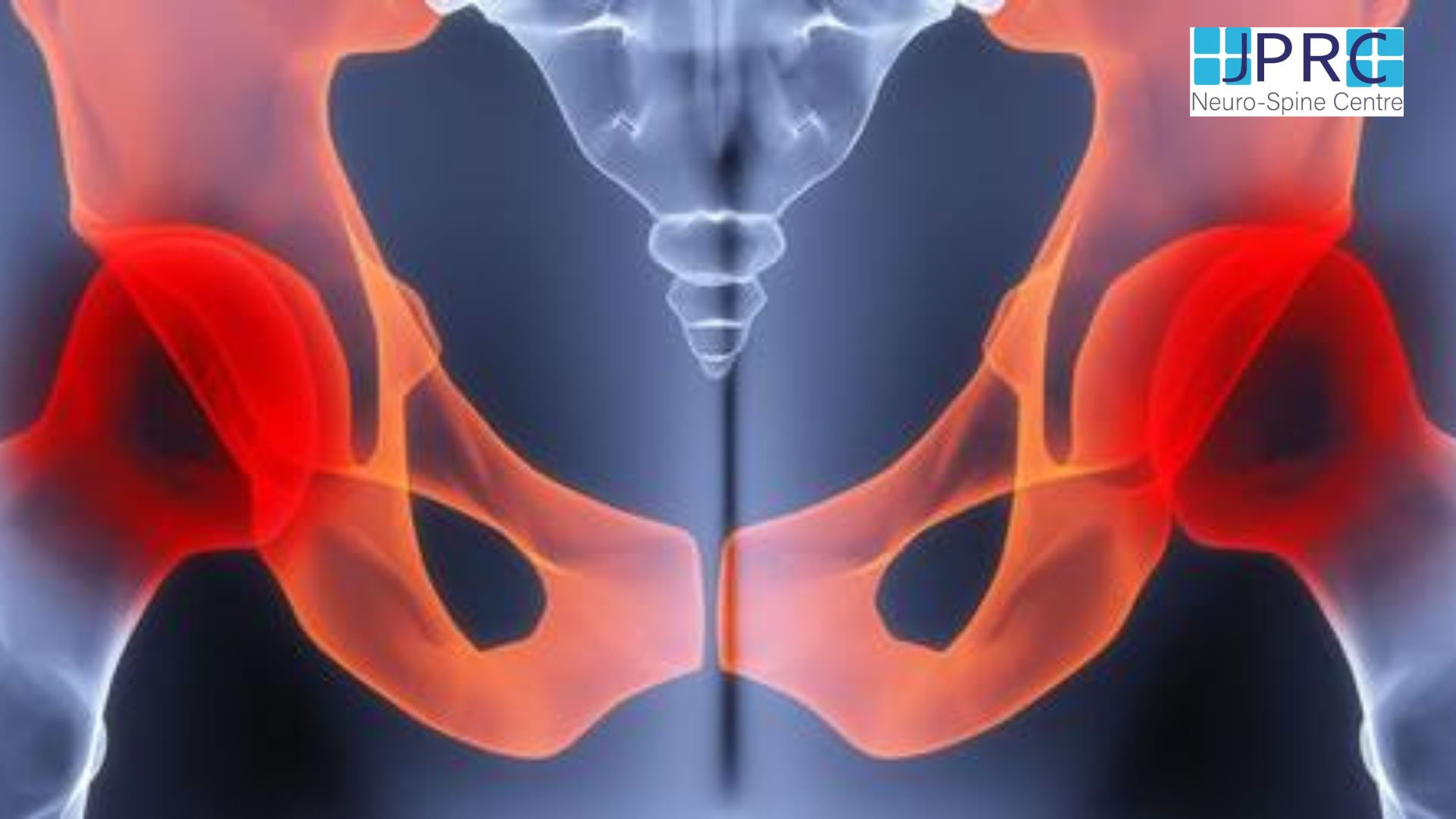
6.jpg)
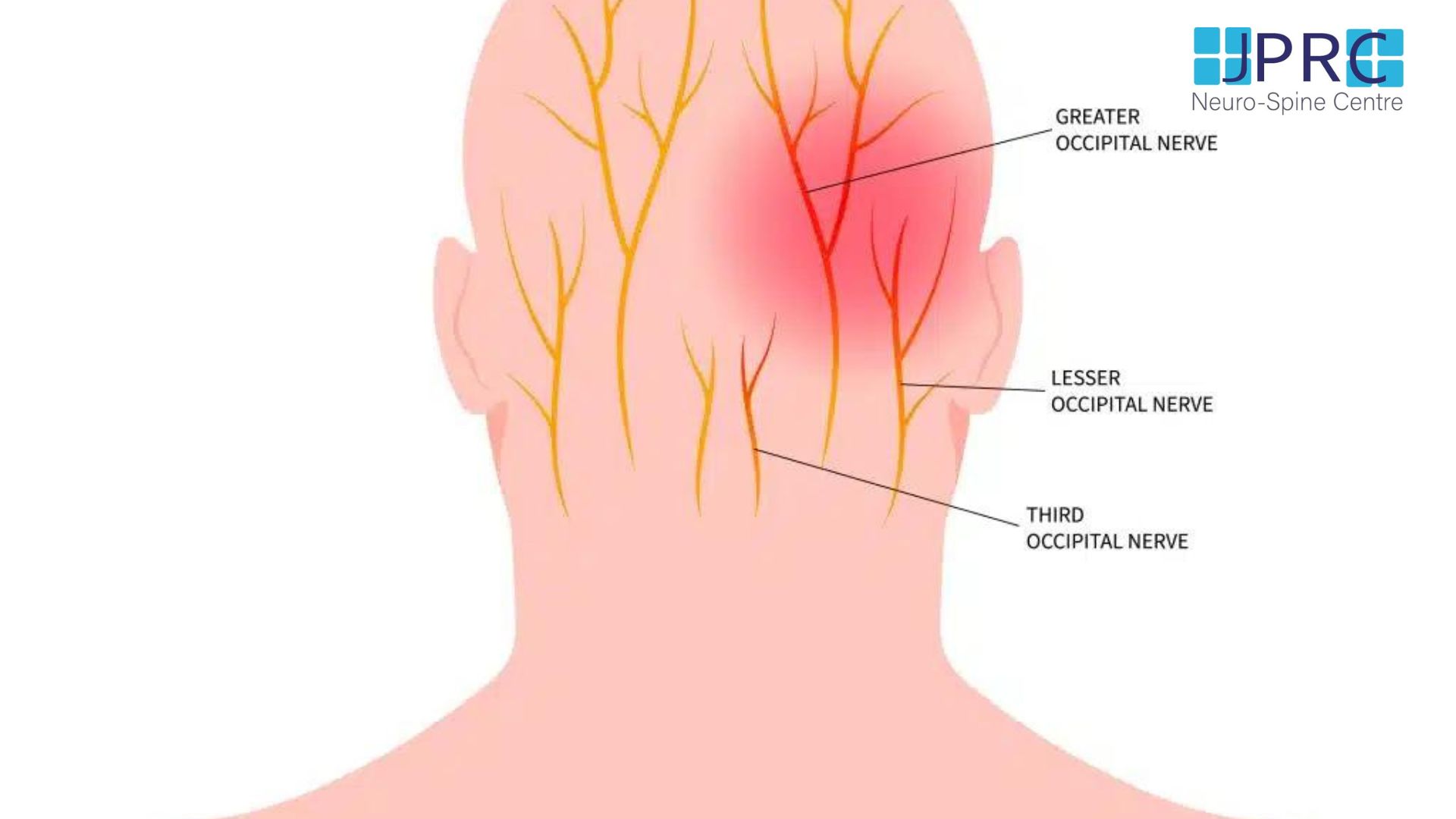
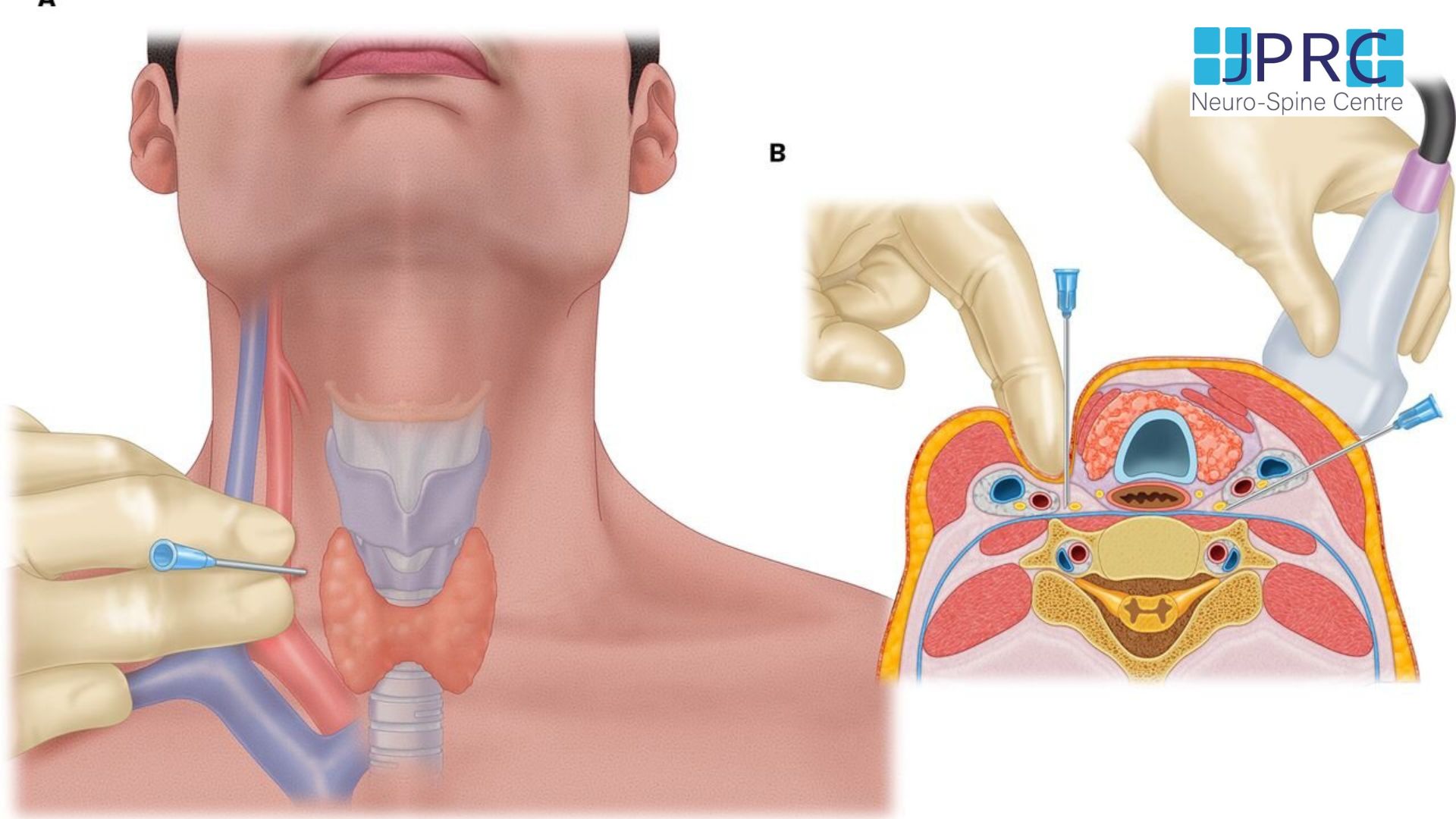
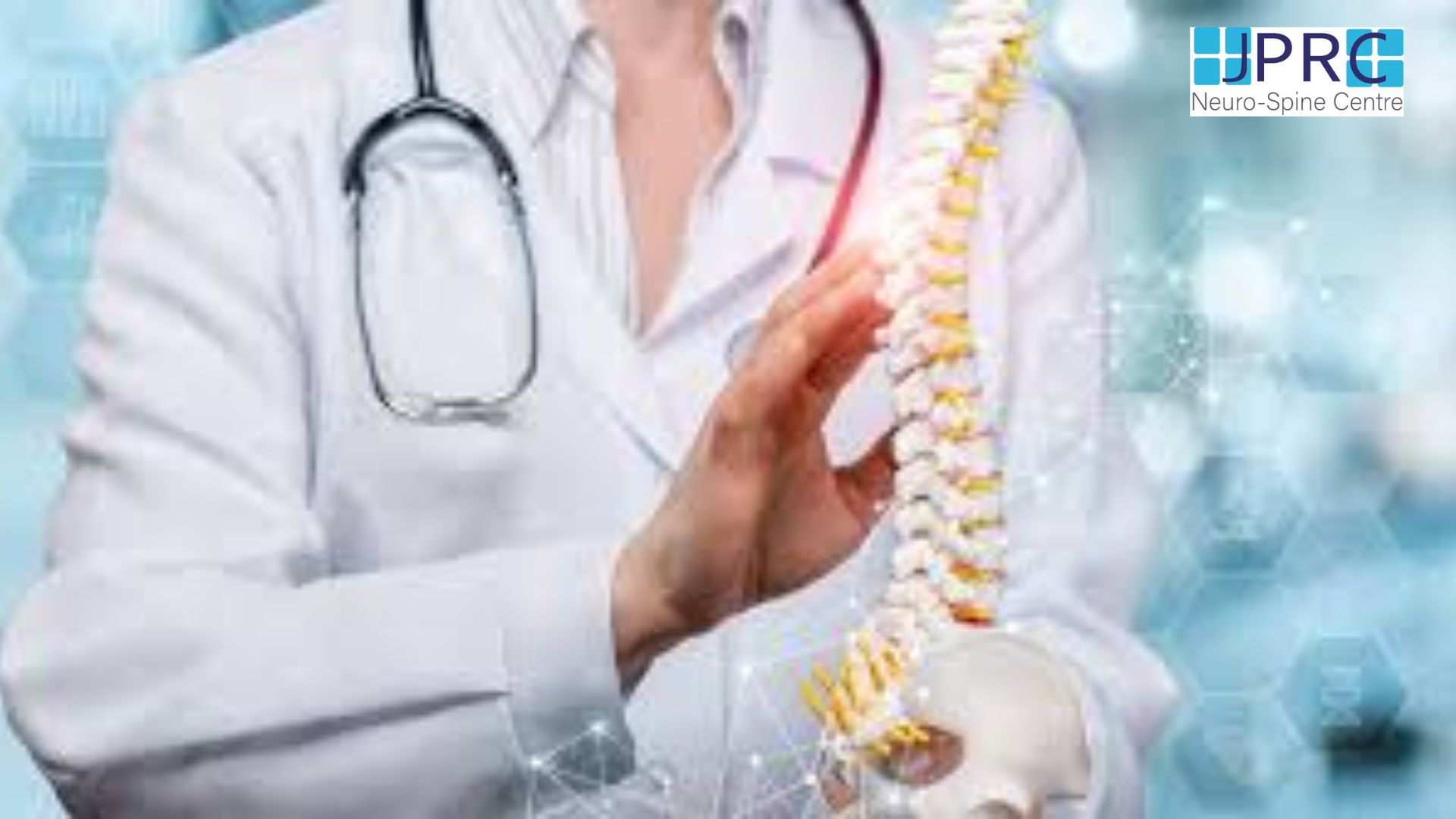

7.jpg)
2.jpg)

8.jpg)

9.jpg)
3.jpg)

10.jpg)

11.jpg)


12.jpg)
4.jpg)


























